43 Foods That Naturally Lower Your Bad Cholesterol
When it comes to protecting your heart, managing cholesterol is one of the smartest moves you can make. While cholesterol often gets a bad rap, the truth is it’s all about balance. Your body needs cholesterol to build cells and produce hormones—but too much LDL (“bad” cholesterol) can clog your arteries and raise your risk of heart disease and stroke. On the flip side, HDL (“good” cholesterol) acts like a clean-up crew, helping remove excess cholesterol from the bloodstream and keeping those arteries clear. Here’s the great news: your plate has more power than you think. What you eat can dramatically influence your cholesterol levels—for better or worse. That’s why we’ve expanded our list to 43 science-backed, heart-smart foods that can help lower LDL, boost HDL, reduce inflammation, and support overall cardiovascular health. From fiber-loaded veggies and omega-rich seafood to unexpected pantry staples that fight plaque buildup, these delicious and nutrient-dense choices can help you take control of your heart health—naturally and deliciously.
1. Embrace Oats for Breakfast
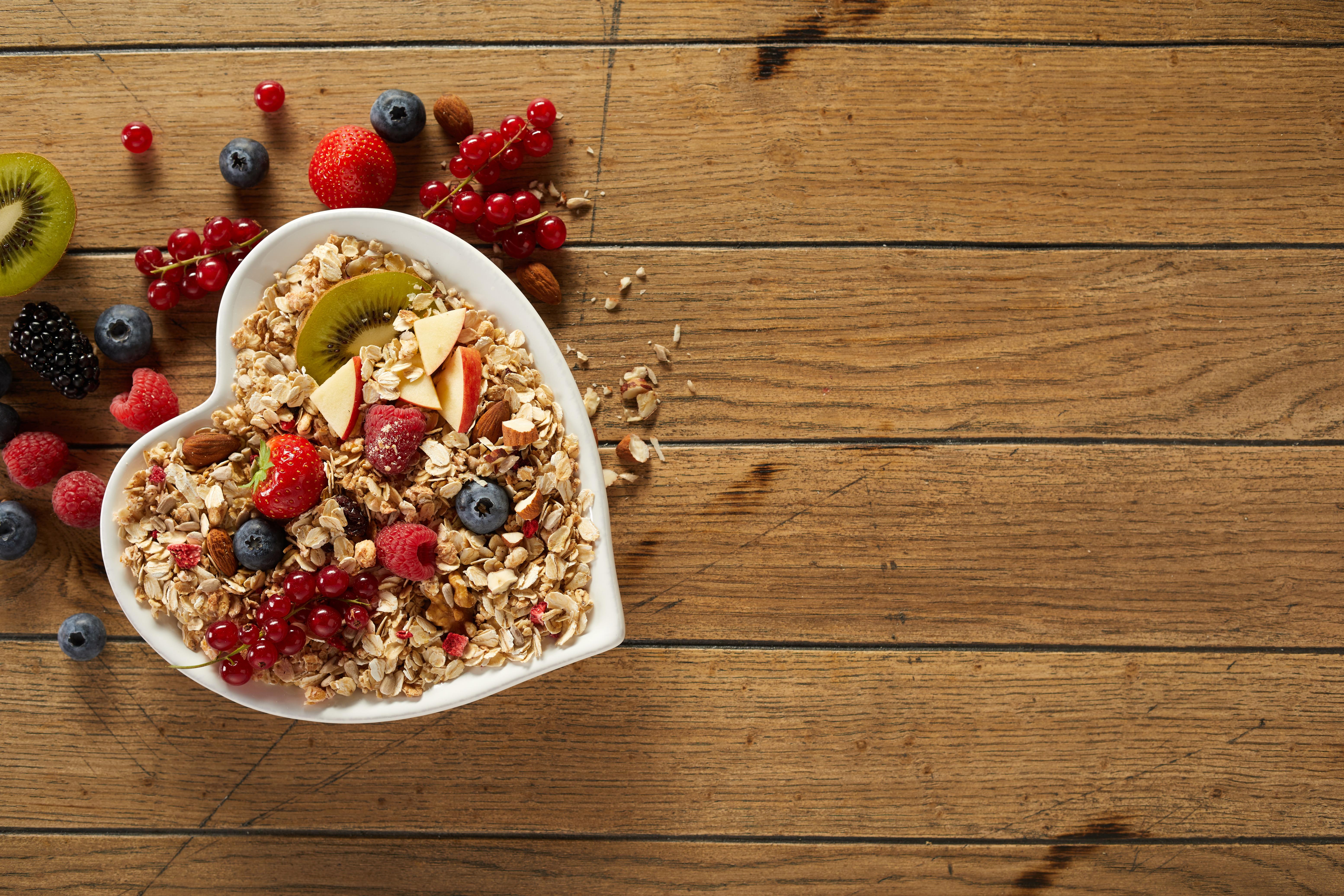
Oats are a powerhouse when it comes to lowering cholesterol. Rich in soluble fiber, oats help reduce the absorption of cholesterol into your bloodstream. Starting your day with a bowl of oatmeal can lower your LDL cholesterol by about 5 to 10 percent. The beta-glucan in oats forms a gel-like substance in your gut, which helps to trap cholesterol-rich bile acids and remove them from the body. Incorporating oats into your breakfast routine is a simple yet effective way to kickstart your cholesterol-lowering diet. Experiment with toppings like fruits and nuts to enhance both the flavor and nutritional value.
2. The Power of Almonds
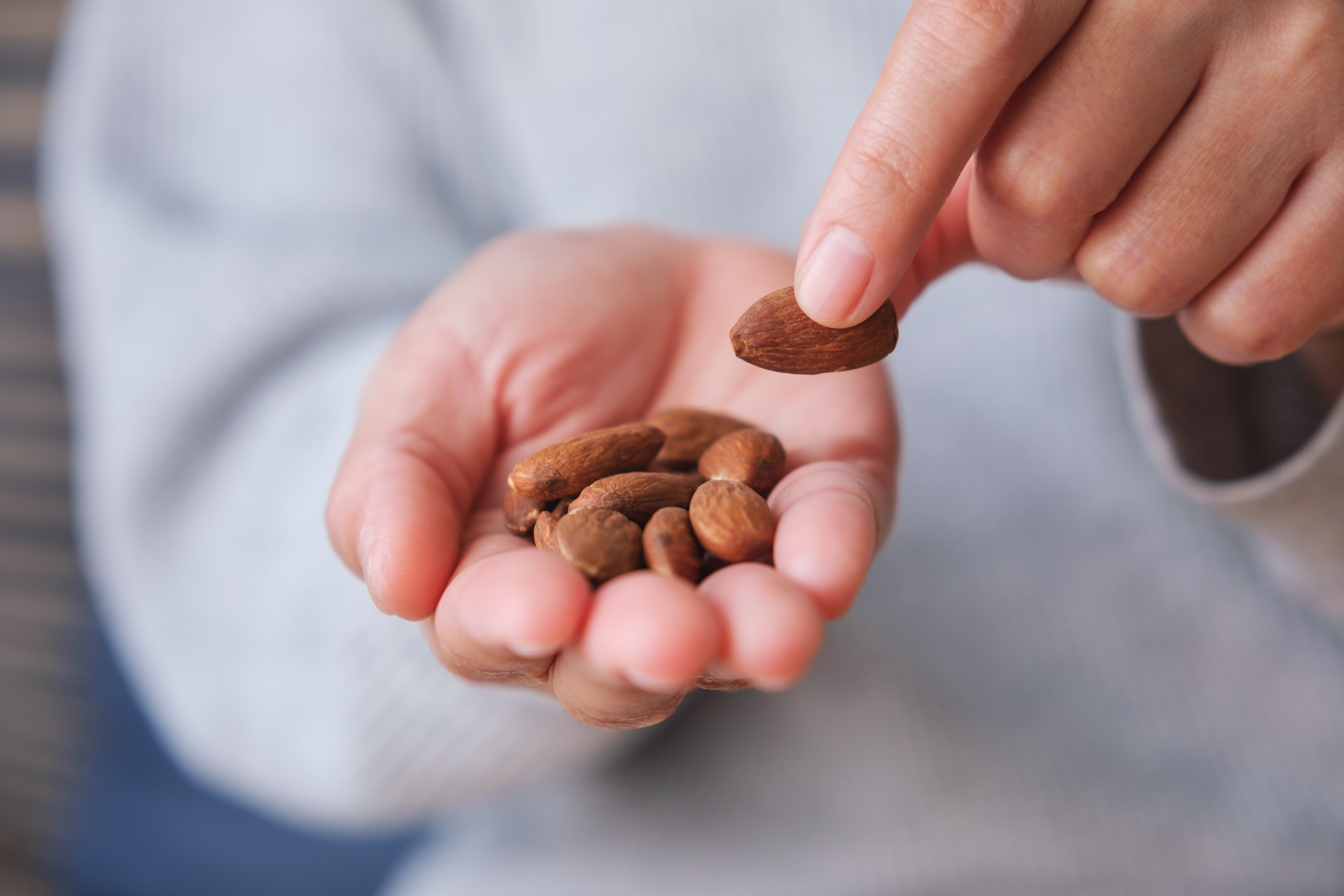
Almonds are not only a delicious snack but also an excellent ally in reducing cholesterol levels. They are rich in monounsaturated fats, which help to lower LDL cholesterol while maintaining HDL levels. Studies have shown that consuming a handful of almonds daily can lead to a significant reduction in LDL cholesterol. Furthermore, almonds are packed with vitamin E, an antioxidant that protects your arteries from damage. Incorporating almonds into your diet can be as simple as adding them to salads, yogurt, or enjoying them on their own as a snack.
3. Avocado: A Heart-Healthy Fruit
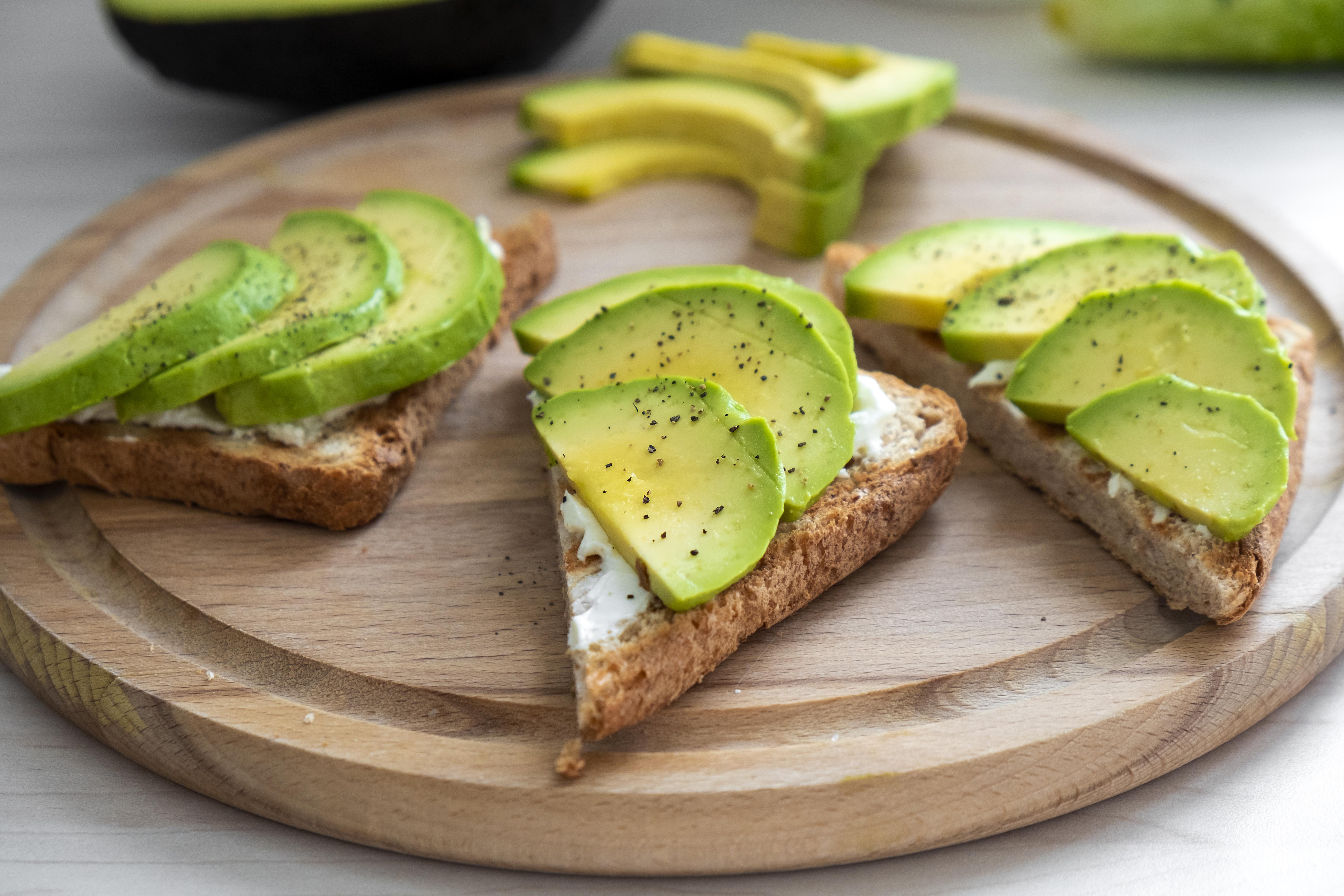
Avocados are another source of heart-healthy monounsaturated fats. These fats help to lower LDL cholesterol levels without affecting HDL cholesterol. In addition to healthy fats, avocados provide fiber, which further aids in cholesterol management. Research indicates that incorporating avocados into a moderate-fat diet can improve cholesterol profiles in overweight and obese individuals. Try adding avocado slices to your sandwiches, mashing them into guacamole, or even blending them into smoothies for a creamy texture. Their versatility makes them an easy addition to various meals throughout the day.
4. The Magic of Olive Oil
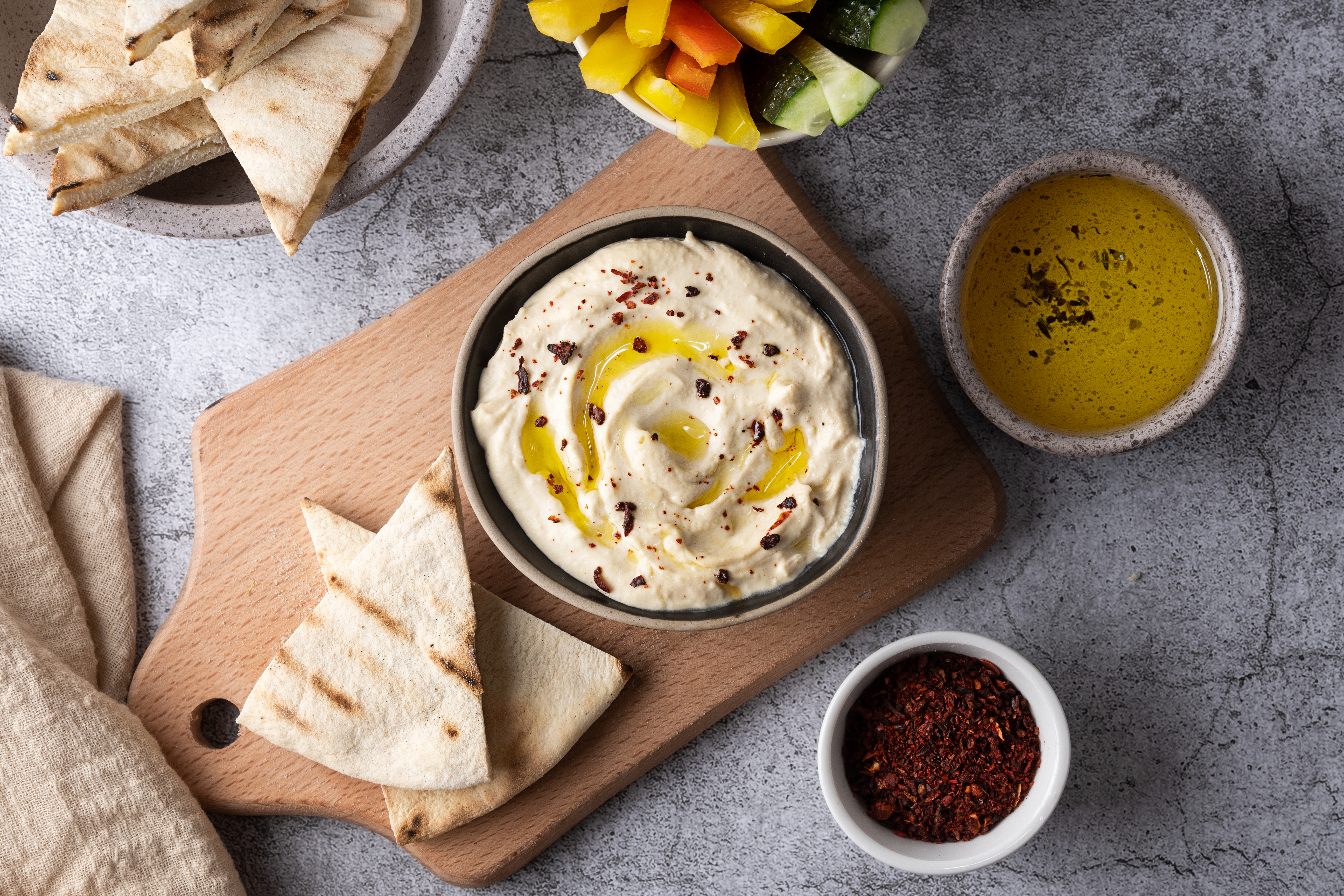
Olive oil, a staple of the Mediterranean diet, is renowned for its heart-healthy benefits. It is rich in monounsaturated fats, which help to lower LDL cholesterol while boosting HDL cholesterol. The antioxidants in olive oil, particularly polyphenols, also protect the cardiovascular system. Replacing butter or other saturated fats with olive oil in your cooking can have a significant impact on your cholesterol levels. Use it as a base for salad dressings, drizzled over vegetables, or as a dip for whole-grain bread. Opt for extra virgin olive oil for the highest concentration of beneficial compounds.
5. Beans and Legumes: Fiber-Rich Allies
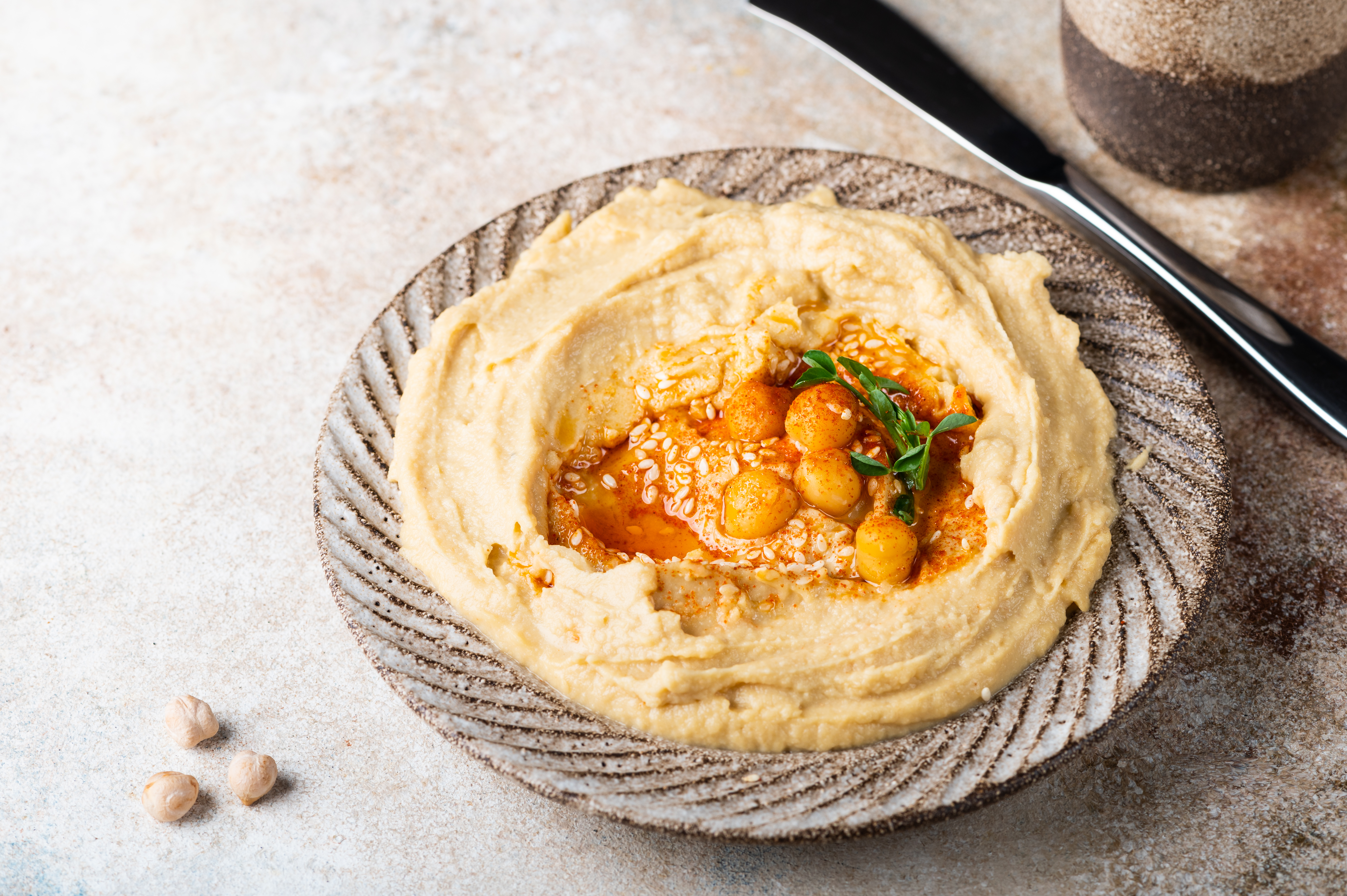
Beans and legumes are excellent sources of soluble fiber, which plays a crucial role in lowering cholesterol. Soluble fiber binds with cholesterol in the digestive system, preventing its absorption into the bloodstream. Regular consumption of beans and legumes, such as lentils, chickpeas, and black beans, can lead to a noticeable reduction in LDL cholesterol. They are also low in fat and high in protein, making them a great meat substitute. Incorporate them into soups, stews, salads, or even as a base for veggie burgers to enjoy their cholesterol-lowering benefits.
6. The Benefits of Berries
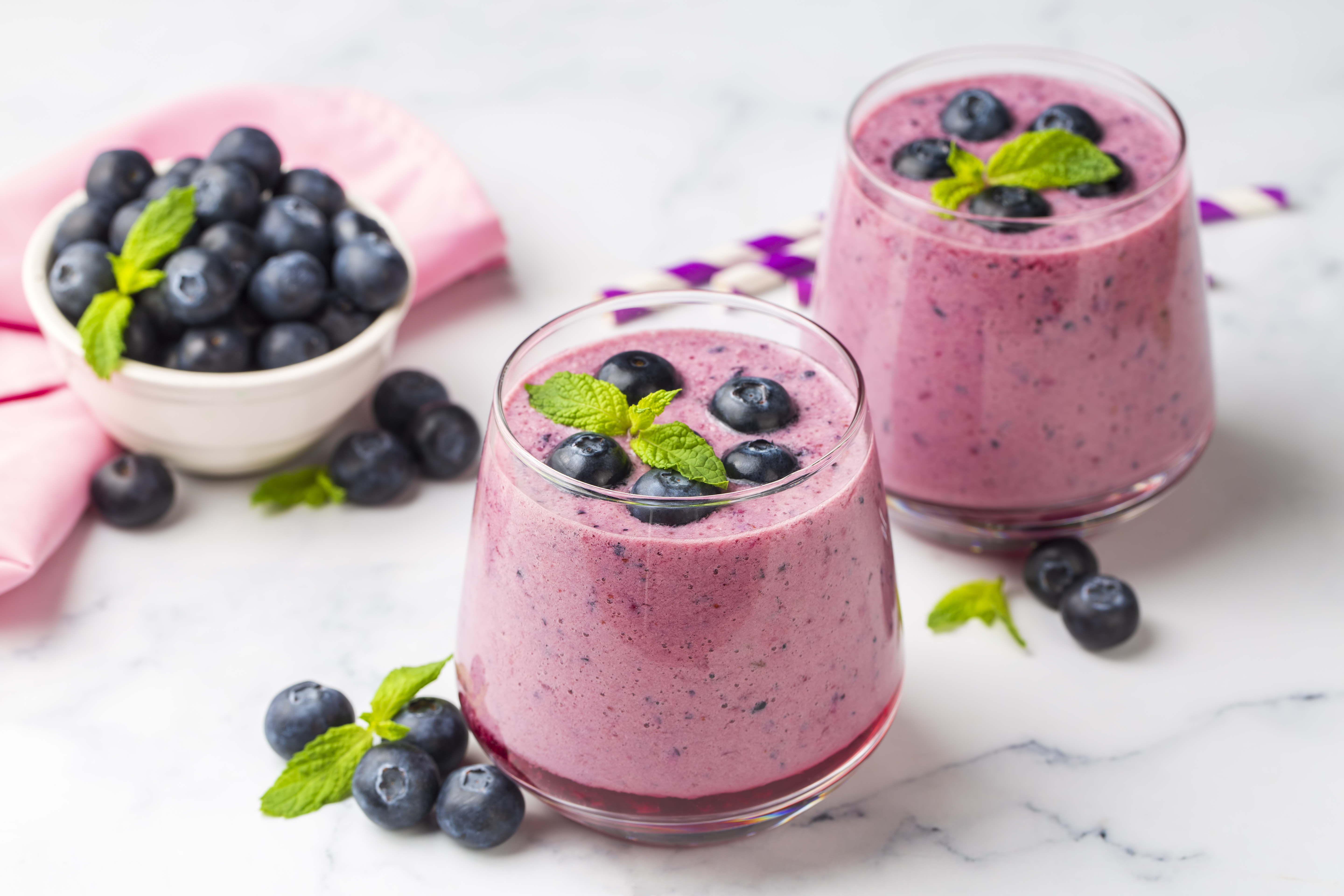
Berries, including strawberries, blueberries, and raspberries, are rich in antioxidants and soluble fiber. These fruits help to improve cholesterol levels by reducing LDL cholesterol and increasing HDL cholesterol. The polyphenols found in berries also support heart health by improving blood vessel function and reducing inflammation. Adding a variety of berries to your diet can be as simple as including them in your morning cereal, smoothie, or as a sweet snack. Their natural sweetness and vibrant colors make them an appealing and healthful addition to any meal.
7. Fatty Fish for Omega-3s
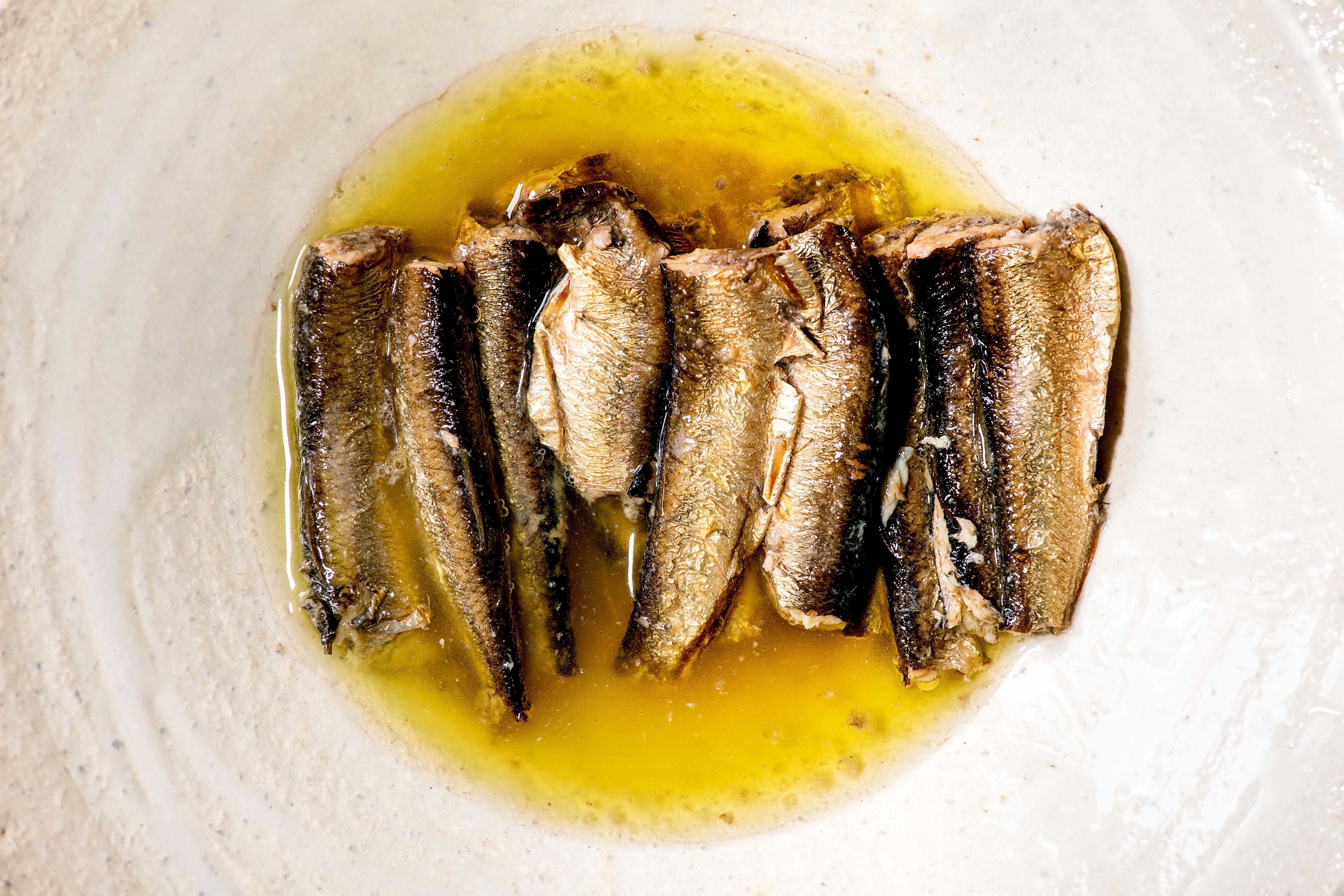
Fatty fish such as salmon, mackerel, and sardines are rich in omega-3 fatty acids, which are known for their heart-protective properties. Omega-3s help to lower triglycerides, reduce blood pressure, and decrease the risk of heart disease. They also have a modest effect on raising HDL cholesterol and lowering LDL cholesterol. Aim to include fatty fish in your diet at least twice a week to reap these benefits. Grilling, baking, or poaching are healthy cooking methods that preserve the nutritional value of the fish without adding unnecessary fats.
8. Whole Grains for a Healthier Heart
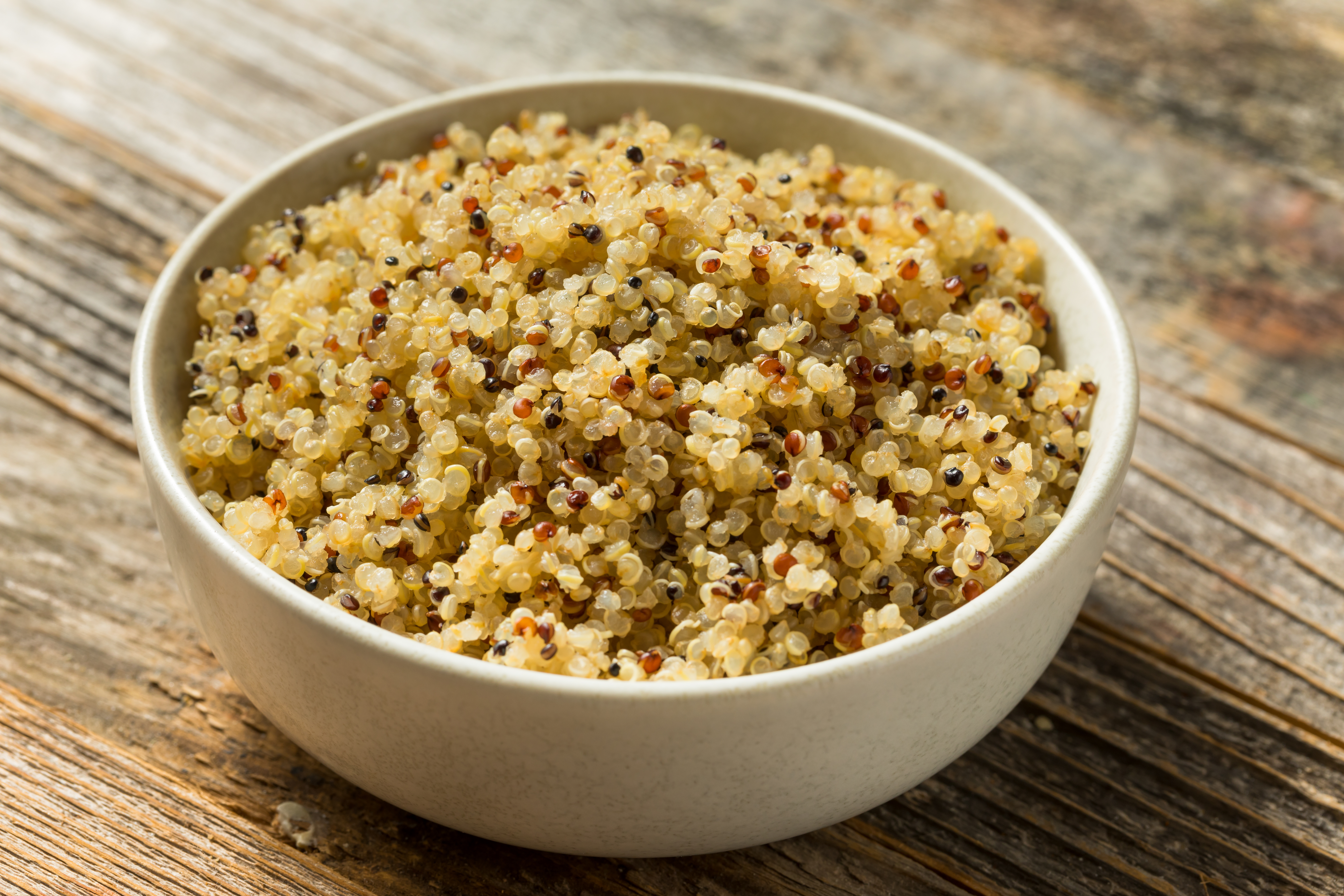
Whole grains such as brown rice, quinoa, and whole wheat are rich in fiber, particularly soluble fiber, which helps to lower LDL cholesterol. Unlike refined grains, whole grains retain their nutrient-rich bran and germ, providing essential vitamins, minerals, and antioxidants. Replacing refined grains with whole grains can improve cholesterol levels and reduce the risk of heart disease. Incorporate whole grains into your diet by choosing whole-grain bread, pasta, and cereals, and experimenting with different grains in your cooking to add variety and flavor.
9. The Role of Garlic
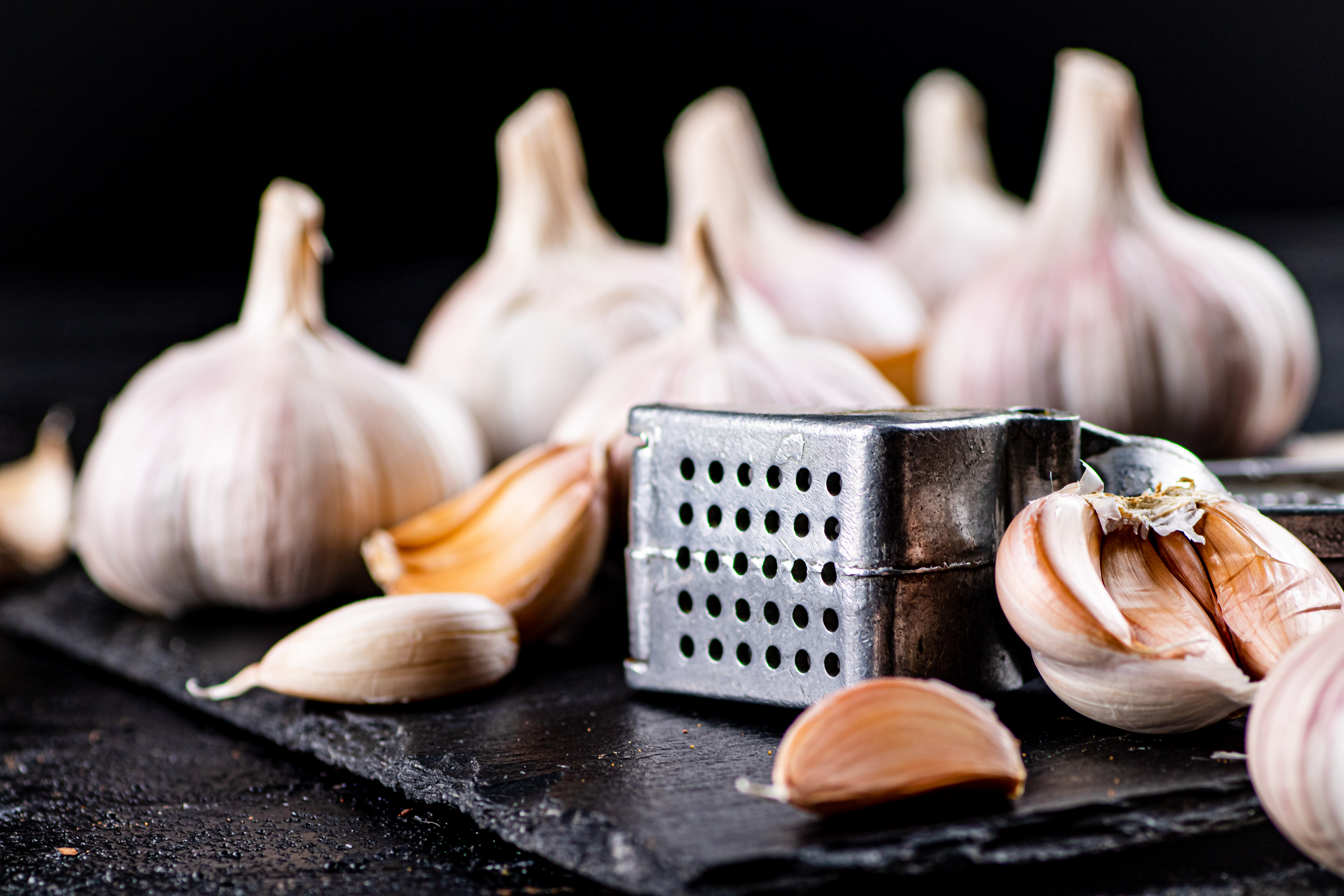
Garlic has been used for centuries for its medicinal properties, including its ability to lower cholesterol. It contains allicin, a compound that has been shown to reduce LDL cholesterol and triglycerides. Regular consumption of garlic can also improve blood pressure and overall heart health. Fresh garlic is the most potent, so try to incorporate it into your cooking as much as possible. Add minced garlic to soups, sauces, and marinades, or roast whole cloves for a milder, sweeter flavor that can be spread on bread or mixed into dishes.
10. Spinach: A Leafy Green Wonder
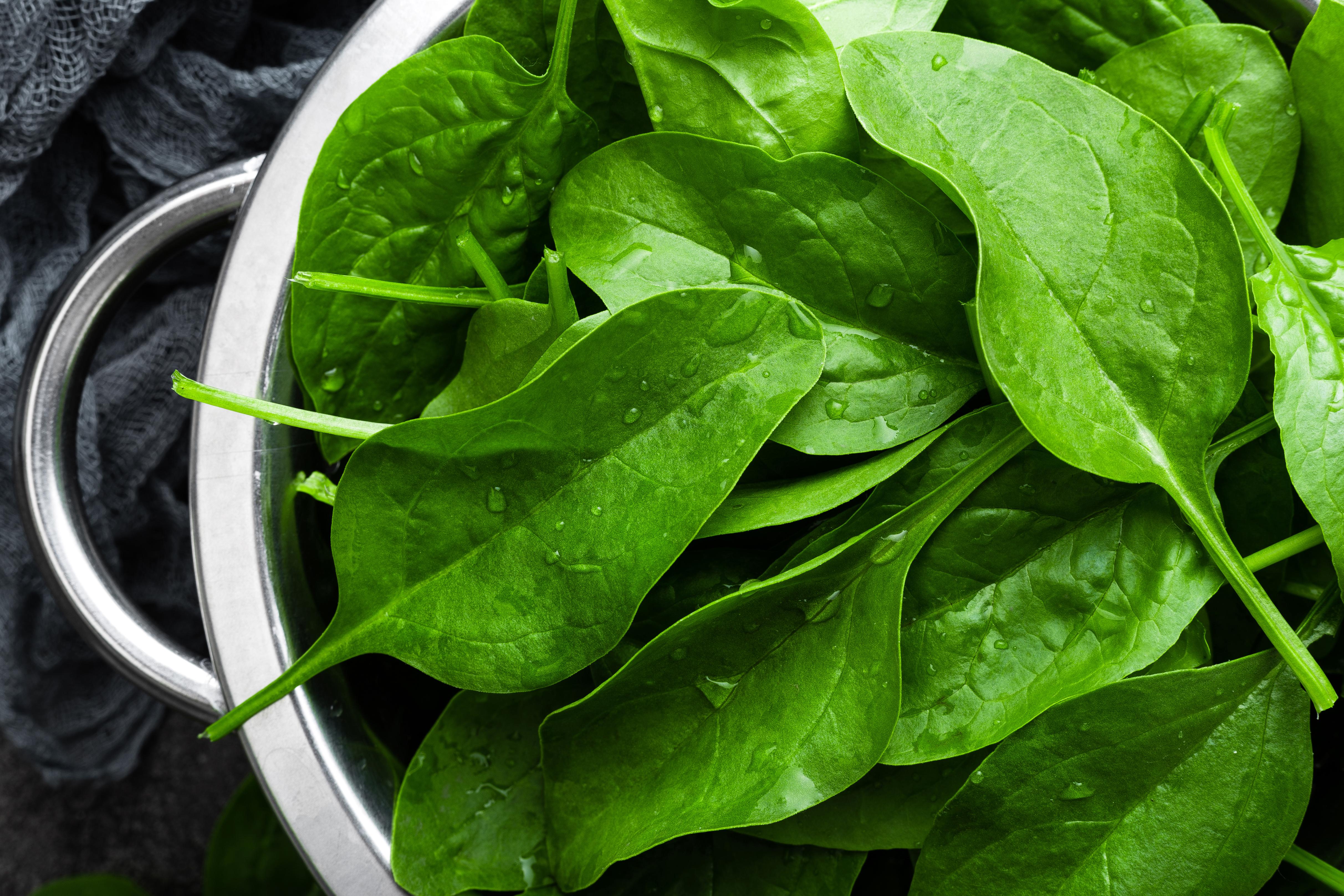
Spinach, a nutrient-dense leafy green, is packed with lutein, a type of carotenoid that helps to prevent cholesterol from attaching to artery walls. Consuming spinach regularly can help to lower LDL cholesterol and improve heart health. It is also rich in fiber, vitamins, and minerals, making it a valuable addition to a heart-healthy diet. Enjoy spinach in salads, smoothies, or as a cooked side dish. Its mild flavor and versatility make it easy to incorporate into a variety of meals, providing a nutritional boost without overpowering other ingredients.
11. Soy Products for Cholesterol Control
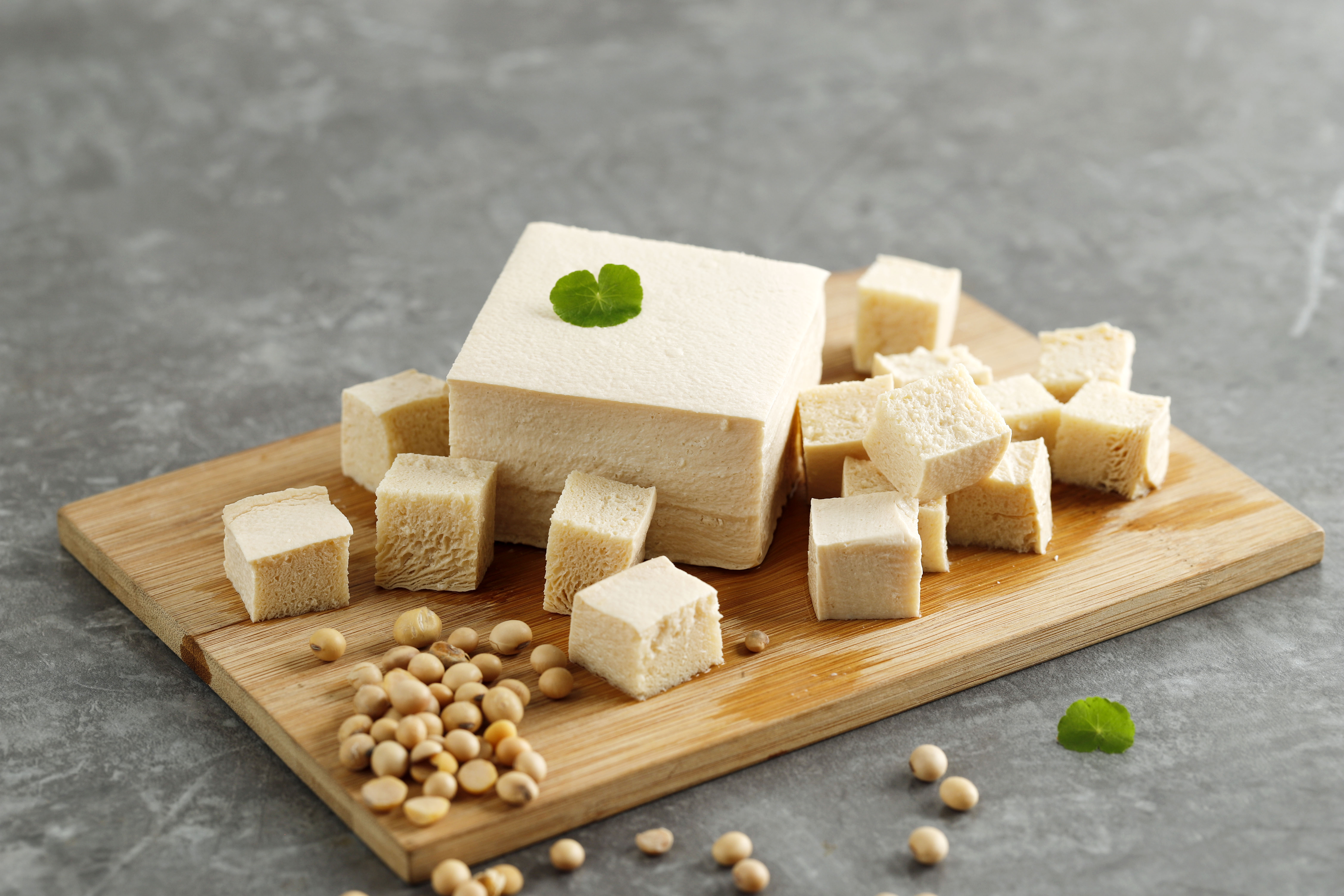
Soy products, such as tofu, tempeh, and soy milk, are beneficial for cholesterol management due to their high protein content and low saturated fat levels. Soy contains compounds called isoflavones, which have been shown to reduce LDL cholesterol and improve heart health. Replacing animal proteins with soy products can lead to a reduction in cholesterol levels and a lower risk of heart disease. Incorporate soy into your diet by using tofu in stir-fries, adding soy milk to smoothies, or enjoying tempeh as a meat substitute in sandwiches and salads.
12. The Sweetness of Dark Chocolate
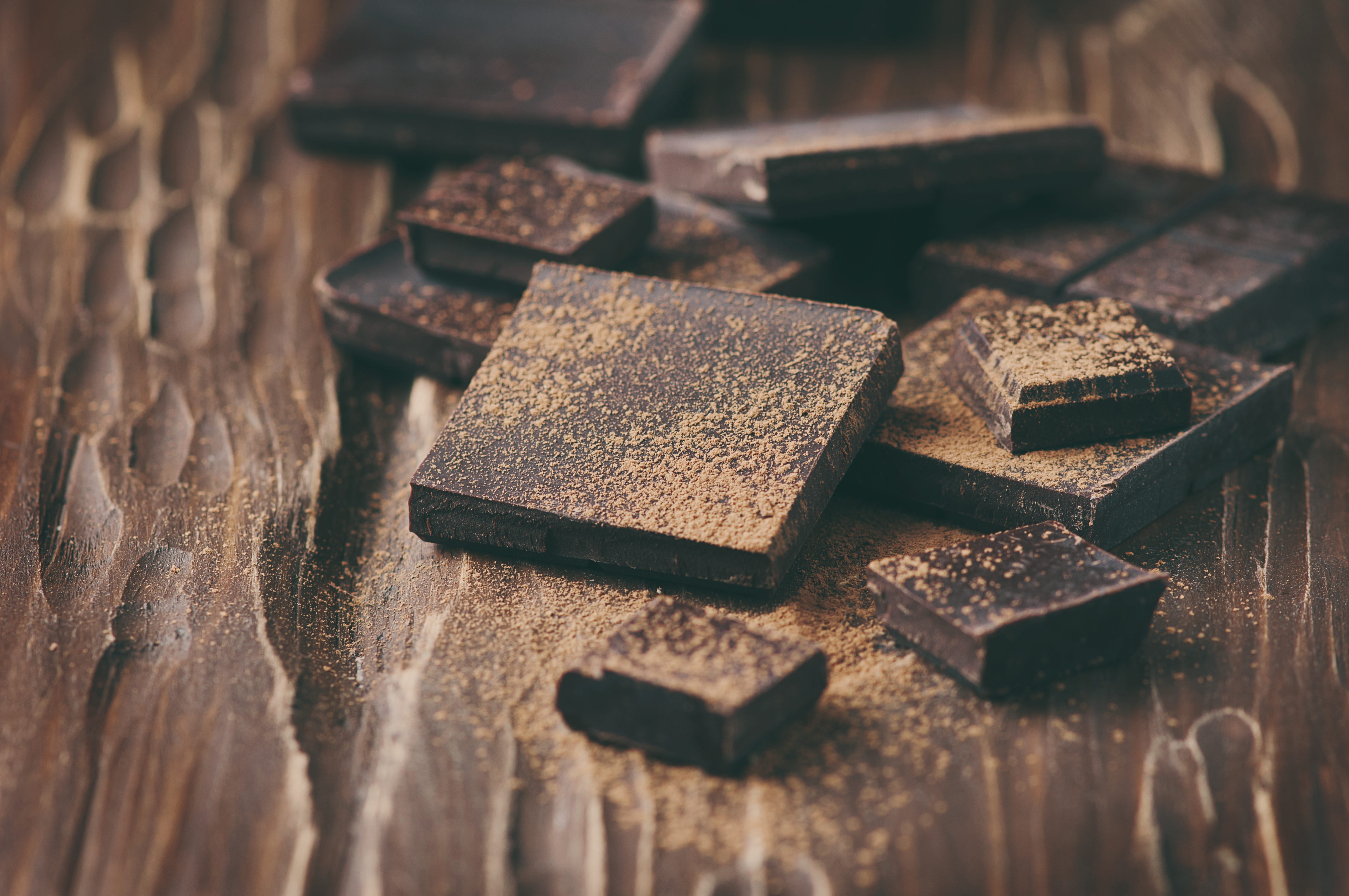
Dark chocolate, when consumed in moderation, can be a heart-healthy treat. It is rich in flavonoids, which are antioxidants that help to lower LDL cholesterol and improve blood flow. Choose dark chocolate with at least 70% cocoa content to maximize its health benefits. Enjoy a small piece of dark chocolate as an occasional treat to satisfy your sweet tooth while supporting heart health. Remember that moderation is key, as chocolate is high in calories and can contribute to weight gain if consumed in excess.
13. The Impact of Green Tea
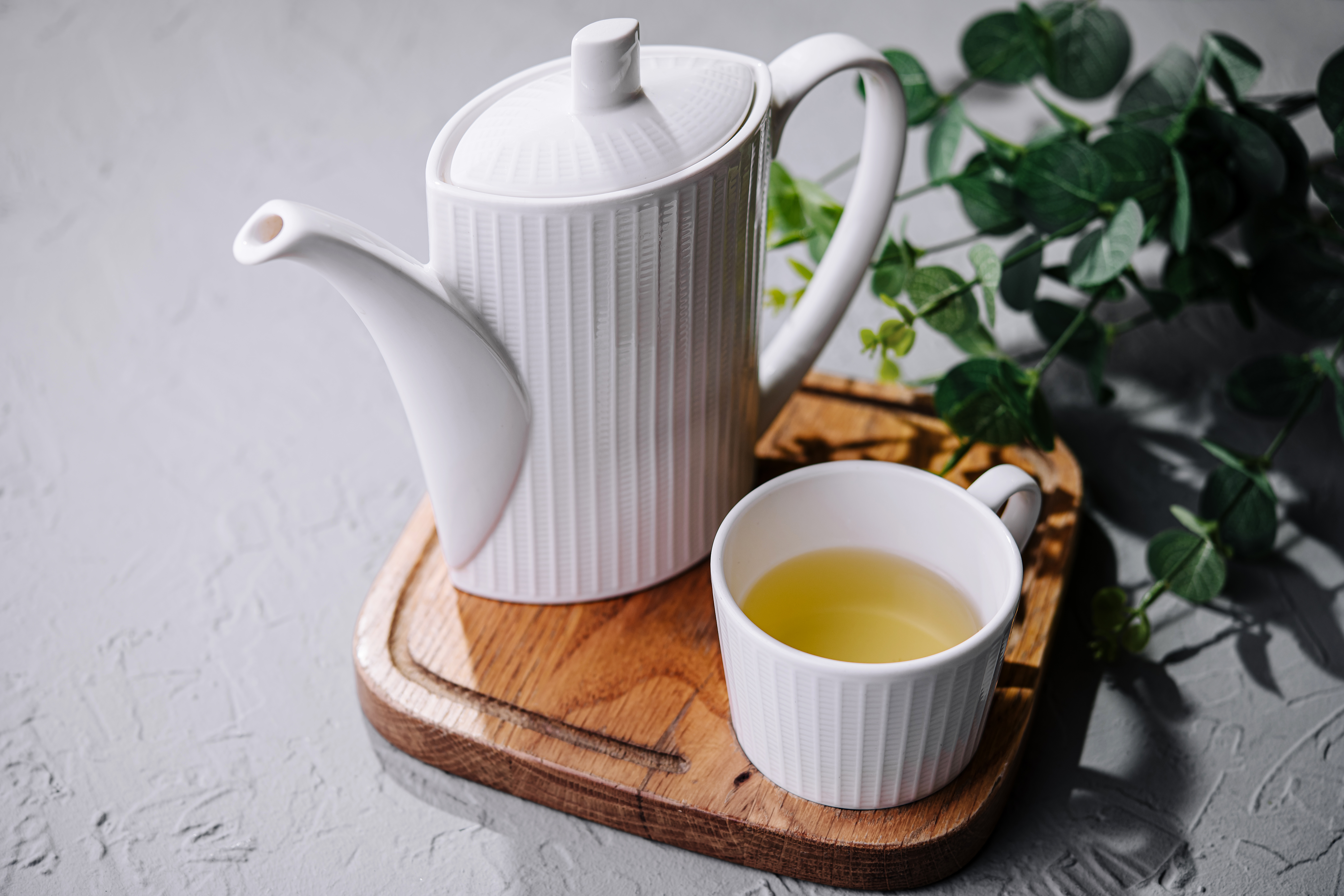
Green tea is a popular beverage known for its numerous health benefits, including its ability to improve cholesterol levels. It contains catechins, antioxidants that have been shown to lower LDL cholesterol and increase HDL cholesterol. Drinking green tea regularly can also improve blood vessel function and reduce the risk of heart disease. Incorporate green tea into your daily routine by enjoying a cup in the morning or afternoon. Experiment with different varieties, such as matcha or sencha, to find the flavor that suits you best.
14. Nuts Beyond Almonds
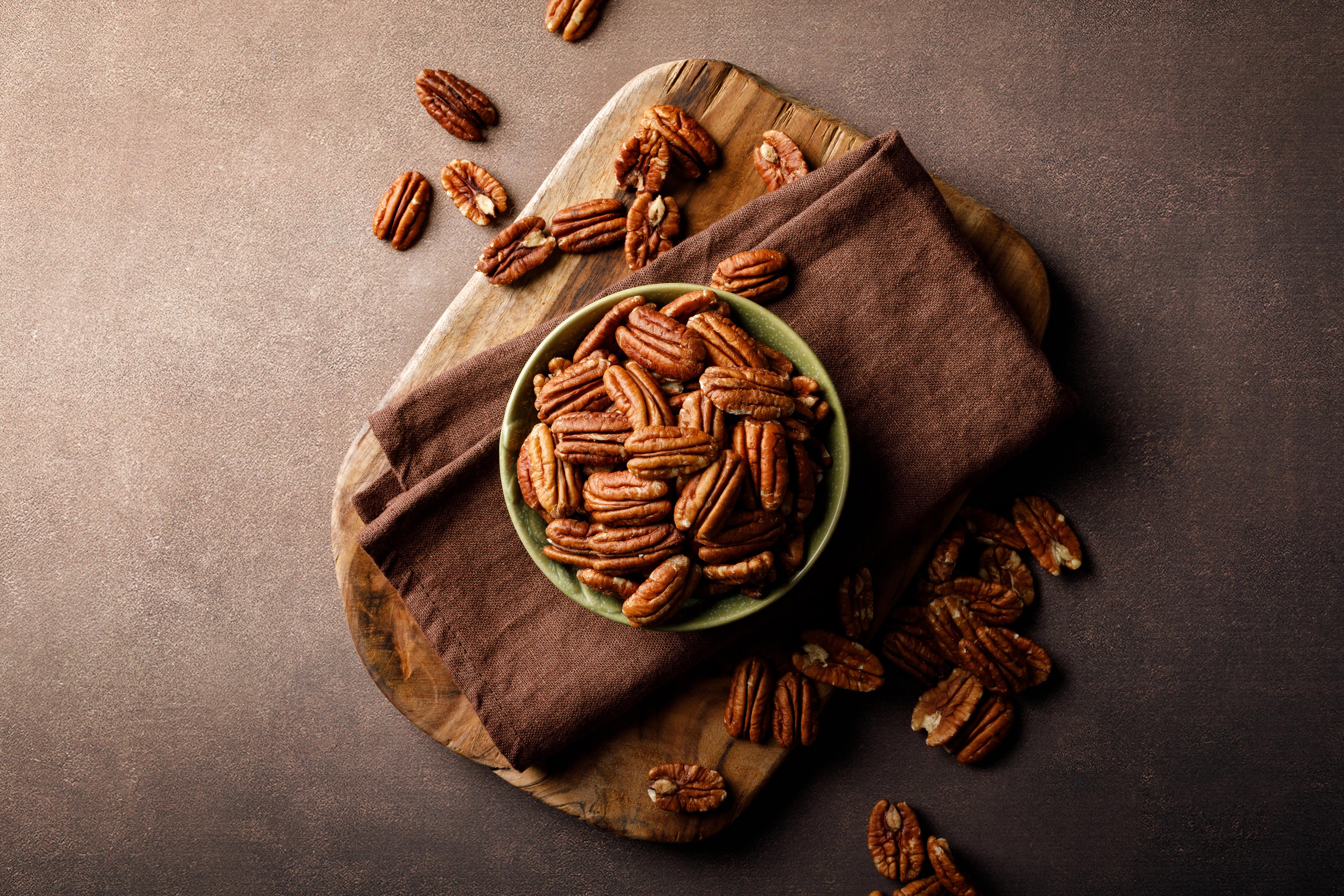
In addition to almonds, other nuts such as walnuts, pistachios, and pecans offer heart-healthy benefits. These nuts are rich in unsaturated fats, fiber, and antioxidants, which help to lower LDL cholesterol and improve overall heart health. Regular consumption of nuts has been associated with a reduced risk of heart disease. Enjoy a variety of nuts as a snack, add them to salads, or use them as a topping for yogurt and oatmeal. Be mindful of portion sizes, as nuts are calorie-dense and can contribute to weight gain if consumed in large quantities.
15. The Influence of Plant Sterols and Stanols
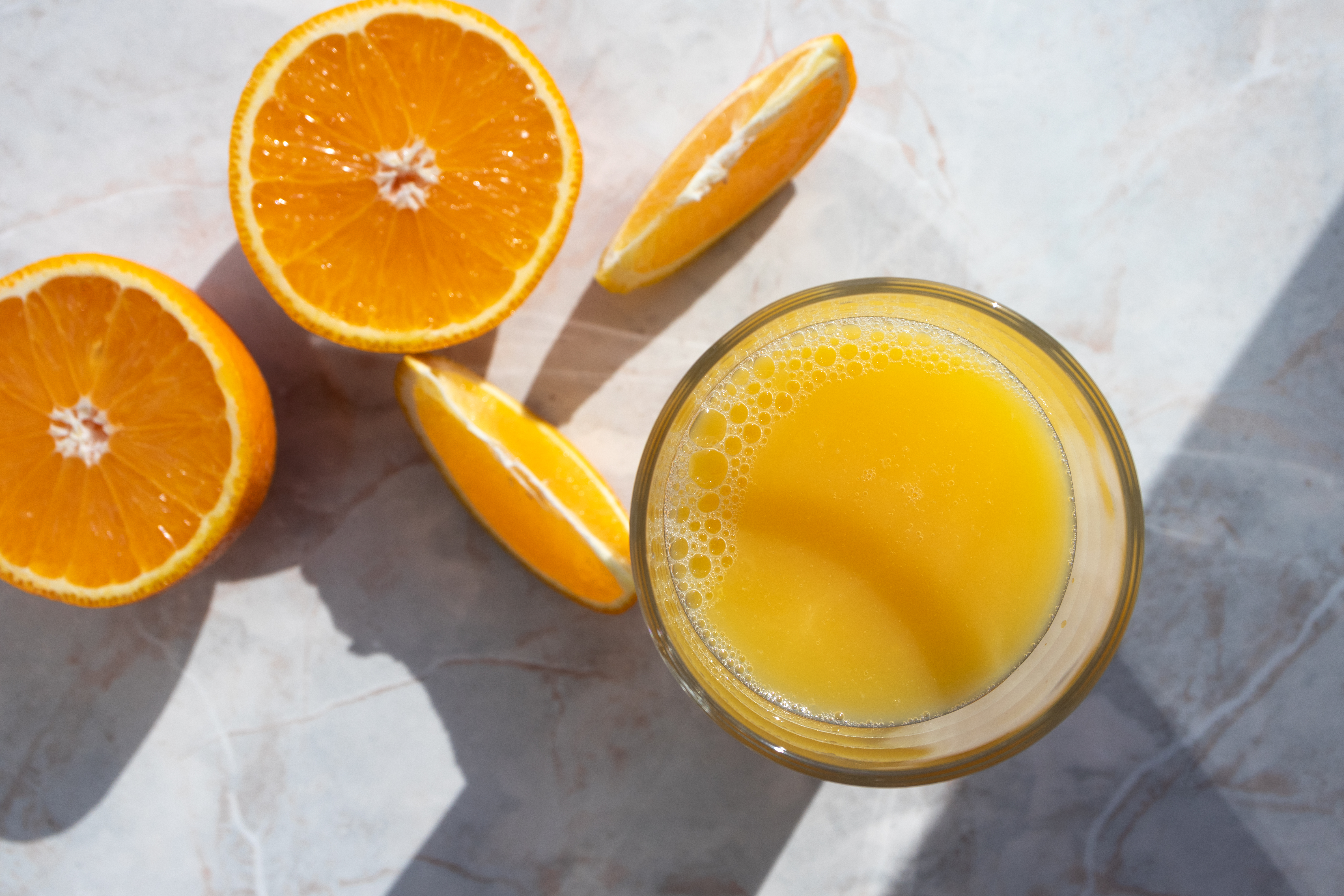
Plant sterols and stanols are naturally occurring compounds found in small amounts in many plant-based foods. They have a similar structure to cholesterol and can help block the absorption of cholesterol in the intestines. Consuming foods fortified with plant sterols and stanols, such as certain margarines, orange juice, and yogurt drinks, can significantly reduce LDL cholesterol levels. Incorporate these fortified foods into your diet as part of a heart-healthy eating plan to enhance your cholesterol-lowering efforts.
16. Flaxseeds: Tiny Seeds with Big Benefits
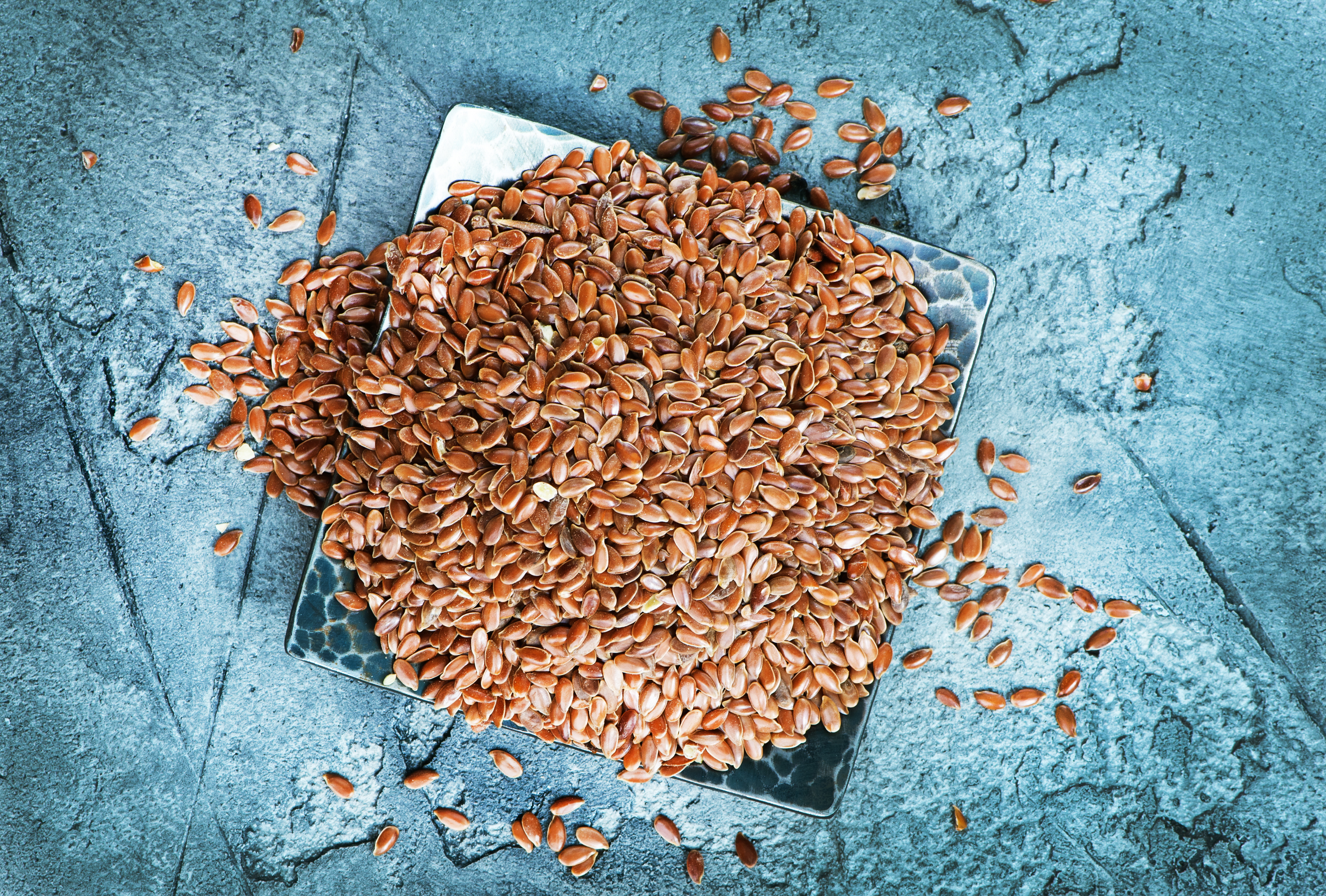
Flaxseeds, often considered a superfood, are an excellent addition to a cholesterol-lowering diet. Rich in omega-3 fatty acids, lignans, and soluble fiber, flaxseeds can help reduce LDL cholesterol and support overall heart health. These tiny seeds are also packed with antioxidants, which combat inflammation and oxidative stress in the body. The soluble fiber in flaxseeds binds with cholesterol in the digestive system, preventing its absorption into the bloodstream. Studies have shown that incorporating ground flaxseeds into your diet can lead to a significant reduction in LDL cholesterol levels. To enjoy the benefits of flaxseeds, add ground flaxseeds to smoothies, oatmeal, or yogurt, or mix them into baked goods like muffins and bread. Whole flaxseeds are less digestible, so grinding them ensures your body can absorb their nutrients effectively. With their mild nutty flavor and versatility, flaxseeds are an easy way to boost heart health while enhancing your meals.
17. Seaweed: The Ocean’s Superfood for Cholesterol Control
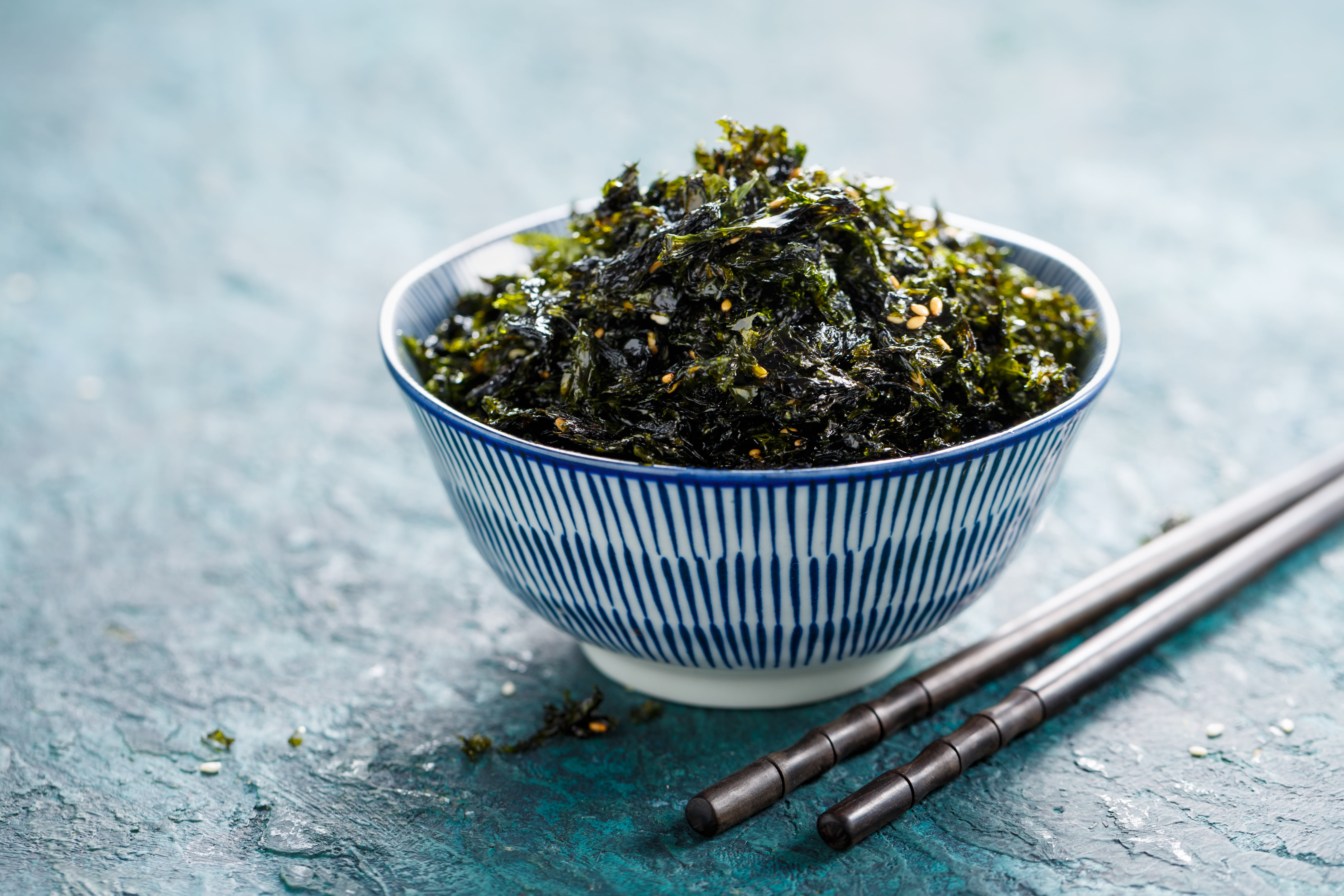
Seaweed isn’t just a sushi staple—it’s one of the most nutrient-dense foods on the planet and a powerful ally in heart health. This marine superfood is rich in soluble fiber, antioxidants, and plant sterols, all of which help lower LDL (bad) cholesterol by preventing its absorption in the gut. One of the most unique compounds in seaweed, fucoidan, has been shown in studies to improve lipid profiles and reduce cholesterol oxidation, which is a major factor in the development of heart disease. Beyond its cholesterol-lowering effects, seaweed is loaded with minerals like magnesium, potassium, and iodine—all crucial for regulating blood pressure and metabolism. Magnesium helps relax blood vessels, improving circulation, while potassium balances sodium levels, preventing high blood pressure. Iodine plays a key role in thyroid function, which helps regulate cholesterol metabolism and fat breakdown.
18. Beets: A Natural Artery Cleanser
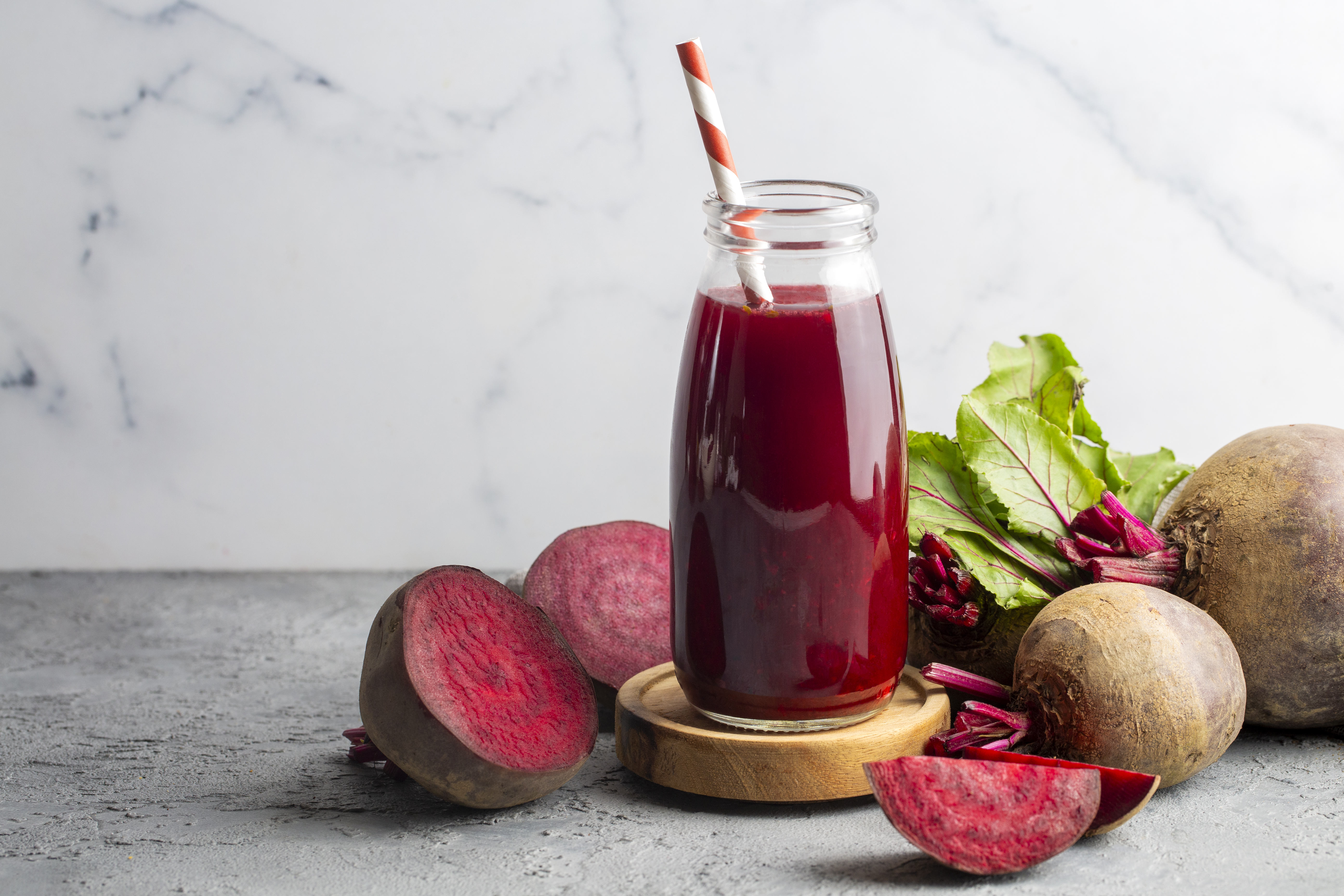
Beets are often celebrated for their blood pressure-lowering effects, but their role in cholesterol management is just as impressive. These vibrant root vegetables contain betalains, powerful antioxidants that help reduce oxidized LDL cholesterol, which is particularly harmful because it contributes to plaque buildup in the arteries. By preventing oxidation, betalains protect the arteries and reduce the risk of atherosclerosis. Another reason beets are a heart-healthy powerhouse is their high nitrate content. Nitrates are natural compounds that get converted into nitric oxide in the body, a molecule that relaxes blood vessels, improves circulation, and lowers blood pressure. Better circulation means a lower strain on the heart and improved cholesterol metabolism. One of the easiest ways to enjoy beets is by drinking beet juice, which has been shown in studies to significantly lower blood pressure and support heart function.
19. Okra: The Slimy Superfood for Lower Cholesterol
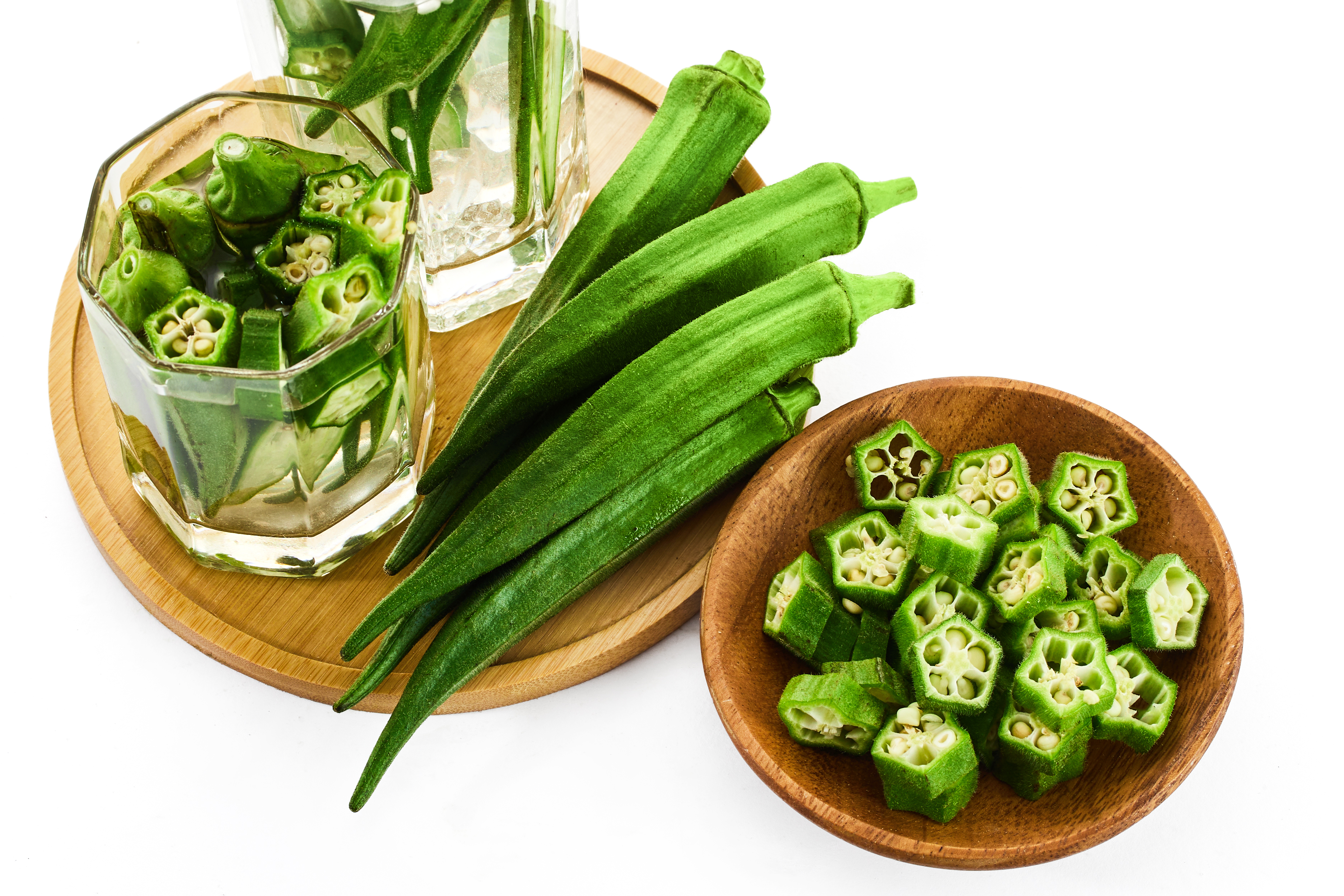
Okra might not be the most glamorous vegetable, but it’s one of the most effective at naturally lowering cholesterol. This fiber-rich vegetable is loaded with pectin, a type of soluble fiber that binds to cholesterol in the gut, preventing it from being absorbed into the bloodstream. Over time, this helps reduce LDL cholesterol levels and flush out harmful fats. But okra’s cholesterol-fighting power doesn’t stop there. When cooked, it releases a gel-like mucilage, which acts as a natural detoxifier—trapping cholesterol, toxins, and bile acids before they can be reabsorbed by the body. This mucilage helps remove excess cholesterol and supports a healthy digestive system, which plays a key role in overall cholesterol metabolism. Despite its reputation for being "slimy," okra is incredibly versatile and delicious when prepared the right way. Roast it with olive oil and spices, add it to stews and curries, or even pickle it for a tangy gut-friendly treat. Whether grilled, stir-fried, or blended into a gumbo, okra is a nutritional powerhouse that works behind the scenes to keep your cholesterol in check.
20. Black Garlic: A Fermented Cholesterol Fighter
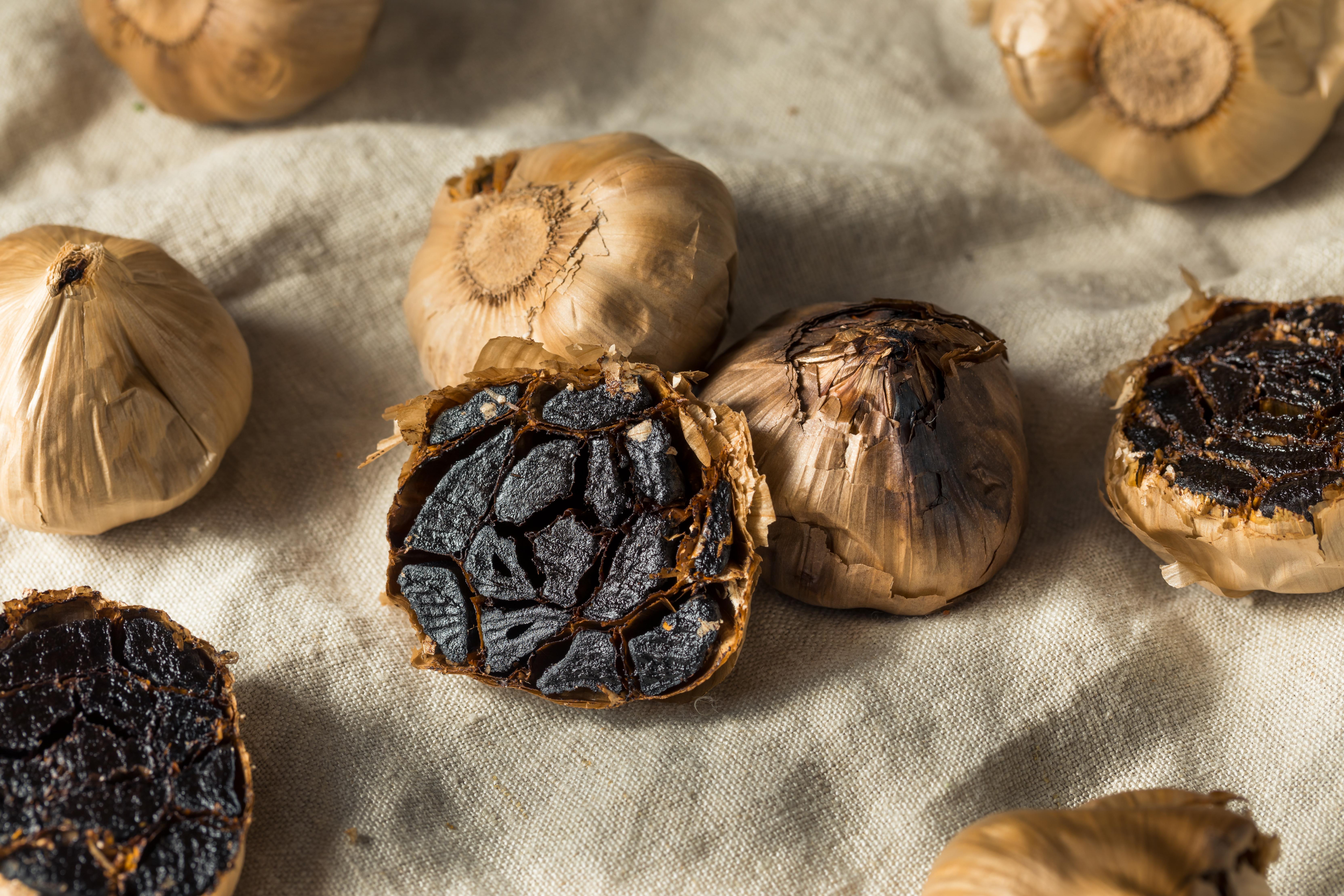
Black garlic is regular garlic taken to the next level. Aged and fermented over weeks, black garlic contains double the antioxidants of raw garlic, making it even more effective at lowering cholesterol and reducing inflammation. Studies have found that black garlic can help increase HDL (good) cholesterol while decreasing LDL (bad) cholesterol, making it a potent natural remedy for improving heart health. One of the key compounds in black garlic is S-allyl cysteine, a powerful antioxidant that prevents cholesterol oxidation, reduces arterial plaque buildup, and enhances circulation. Unlike raw garlic, black garlic has a sweet, balsamic-like flavor and a soft, chewy texture, making it a versatile ingredient in the kitchen. You can spread black garlic on toast, add it to salad dressings and marinades, or mix it into soups and pasta dishes for a rich, umami-packed boost. If you’re looking for a delicious way to support heart health, black garlic is a unique and powerful superfood that deserves a place in your diet.
21. Kimchi: A Fermented Gut-Heart Booster
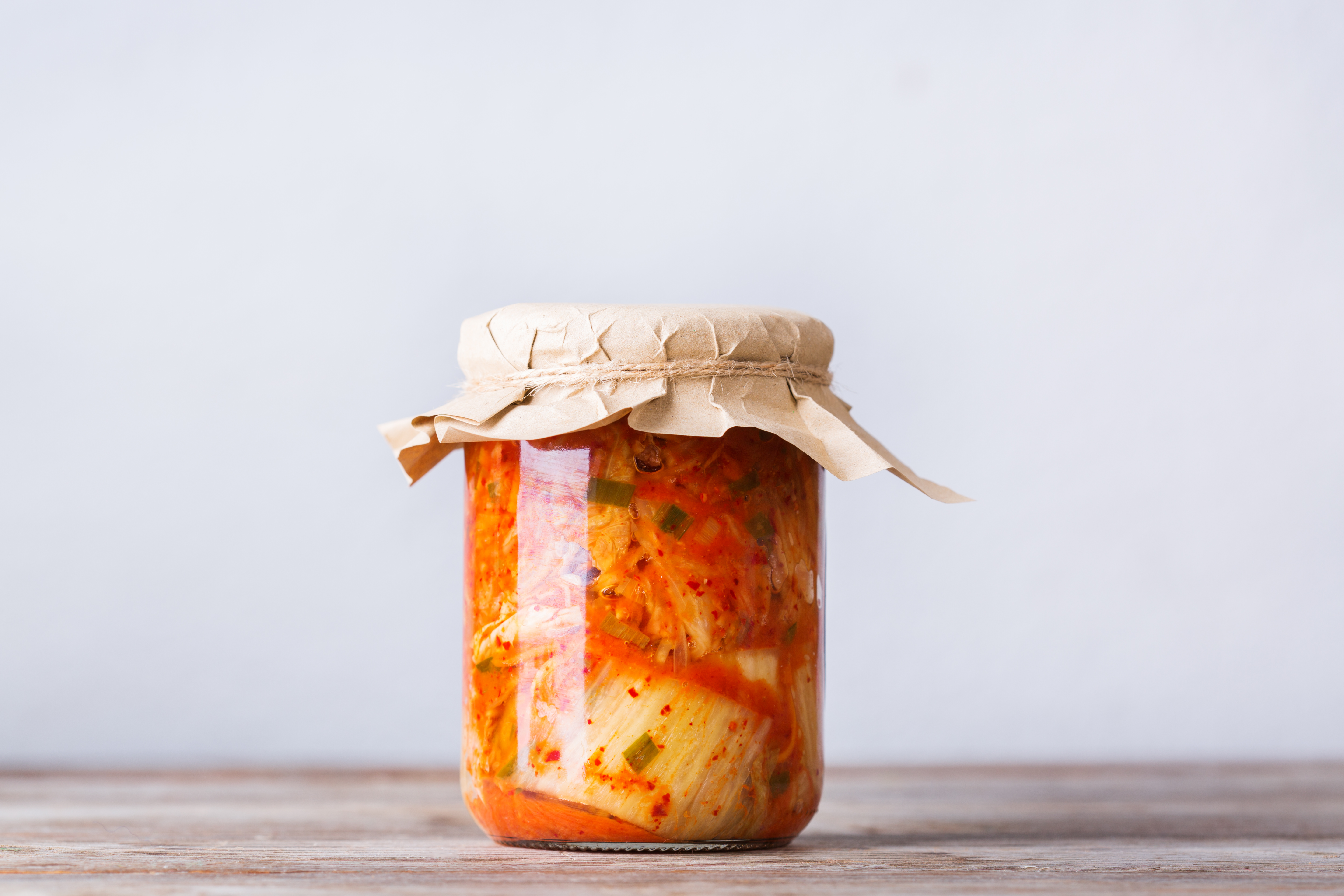
Kimchi, the spicy, fermented cabbage dish from Korea, is not just great for gut health—it’s also a cholesterol-lowering powerhouse. Fermented foods like kimchi contain probiotics, beneficial bacteria that help regulate cholesterol metabolism and reduce inflammation. A healthy gut microbiome is linked to better digestion, improved fat metabolism, and lower cholesterol levels. Kimchi is also rich in fiber and plant compounds that help reduce LDL cholesterol while promoting healthy digestion. The fermentation process enhances the bioavailability of its nutrients, meaning your body can absorb more of its heart-healthy benefits. One study found that people who ate kimchi daily saw significant reductions in total cholesterol and LDL cholesterol levels. To incorporate more kimchi into your diet, try adding it to rice bowls, scrambled eggs, wraps, or soups. You can also enjoy it as a tangy side dish to boost your meal with probiotics and cholesterol-lowering nutrients.
22. Hemp Seeds: A Nutritional Powerhouse for Heart Health
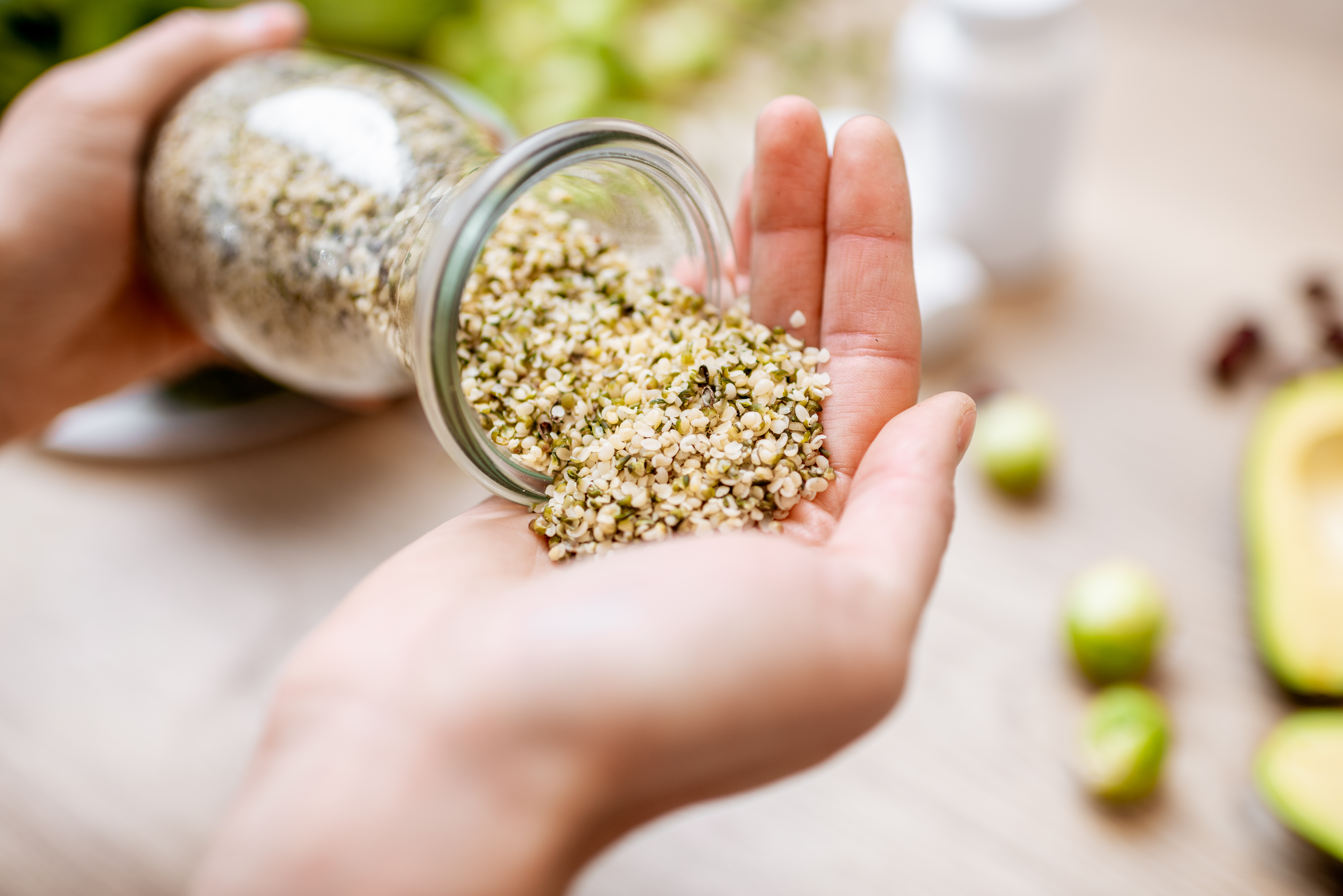
Hemp seeds might be small, but they pack a huge punch when it comes to heart health and cholesterol control. These tiny seeds are loaded with omega-3 and omega-6 fatty acids, which help reduce inflammation, lower LDL cholesterol, and improve overall artery function. The balance of these essential fatty acids promotes better blood flow, reduces plaque buildup, and supports heart muscle function. But the benefits of hemp seeds don’t stop there. They’re also an excellent plant-based source of protein, containing all nine essential amino acids, making them a fantastic choice for vegetarians and vegans looking to support heart health. Additionally, hemp seeds are rich in fiber, which helps to bind cholesterol in the gut and remove it from the body before it can be absorbed into the bloodstream.
23. Eggplant: The Overlooked Cholesterol Blocker
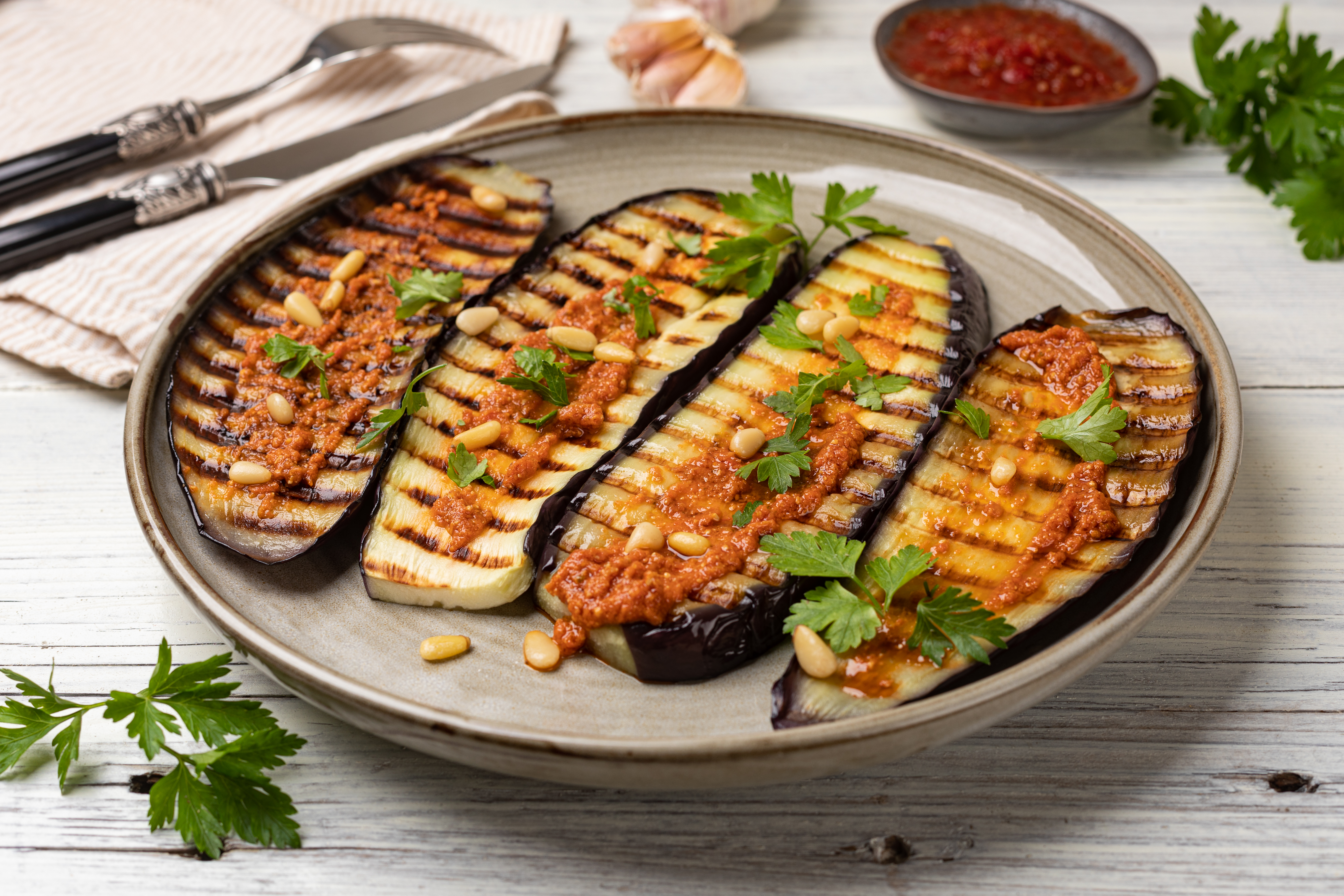
Eggplant is a fiber-rich vegetable that doesn’t always get the credit it deserves when it comes to heart health. One of its key compounds, nasunin, is a powerful antioxidant found in the deep purple skin of eggplants. Nasunin helps prevent cholesterol oxidation, a process that makes LDL cholesterol more dangerous by promoting plaque formation in the arteries. Beyond its antioxidant properties, eggplant is packed with soluble fiber, which binds to cholesterol in the digestive system and prevents it from being absorbed into the bloodstream. This process naturally lowers LDL cholesterol levels over time, reducing the risk of atherosclerosis and heart disease. Additionally, eggplant is low in calories and high in water content, making it a great food for weight management, which is another key factor in keeping cholesterol levels balanced. Eggplant is incredibly versatile in cooking. It absorbs flavors well, making it ideal for roasting, grilling, or sautéing with olive oil and herbs. You can also turn it into baba ganoush, a heart-healthy dip rich in antioxidants and fiber. Try using roasted eggplant as a meat substitute in sandwiches and pasta dishes, or bake sliced eggplant with tomato sauce and cheese for a lighter take on eggplant parmesan. No matter how you prepare it, eggplant is a simple yet powerful addition to a cholesterol-conscious diet.
24. Artichokes: The Liver’s Best Friend for Lower Cholesterol
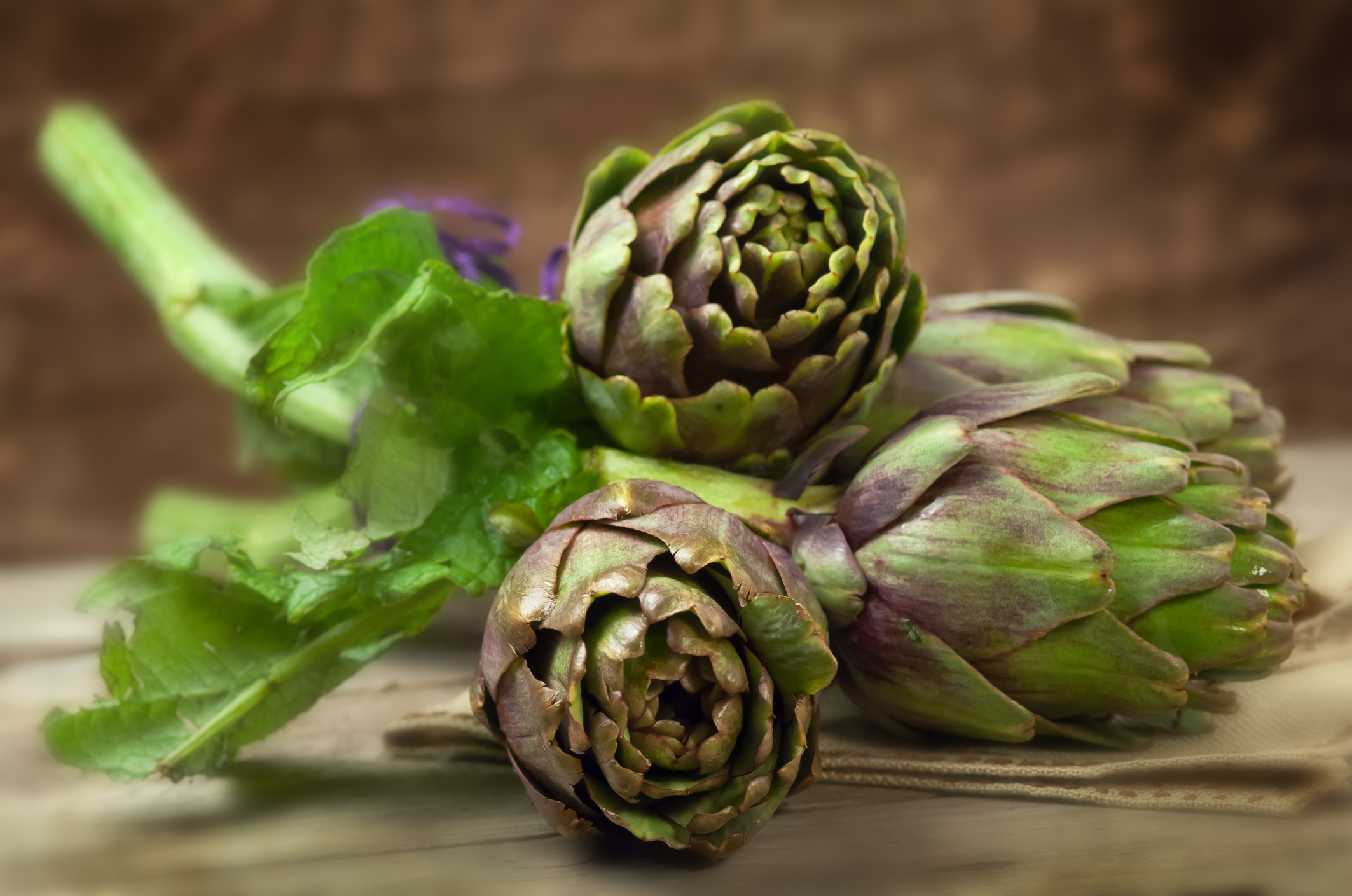
Artichokes are not just a delicious vegetable—they’re also one of the best natural foods for lowering cholesterol. They contain cynarin, a unique compound that stimulates bile production in the liver. This is crucial because bile helps break down fats and flush out excess LDL cholesterol from the body, preventing it from accumulating in the arteries. Artichokes are also loaded with fiber, particularly soluble fiber, which helps reduce LDL cholesterol absorption in the gut. Studies have shown that consuming artichoke extract or whole artichokes can significantly lower cholesterol levels over time. The antioxidants in artichokes, including quercetin and rutin, also help reduce inflammation and improve blood vessel function, further supporting heart health. Cooking artichokes may seem intimidating, but they’re worth the effort! You can steam them whole and dip the leaves in olive oil or lemon juice, roast them for a crispy texture, or marinate them for salads and sandwiches. Artichoke hearts are also great in pasta, grain bowls, or as a pizza topping. Whether fresh, canned, or pickled, artichokes are a delicious and heart-healthy way to help manage cholesterol levels.
25. Edamame: The Green Bean with Big Benefits
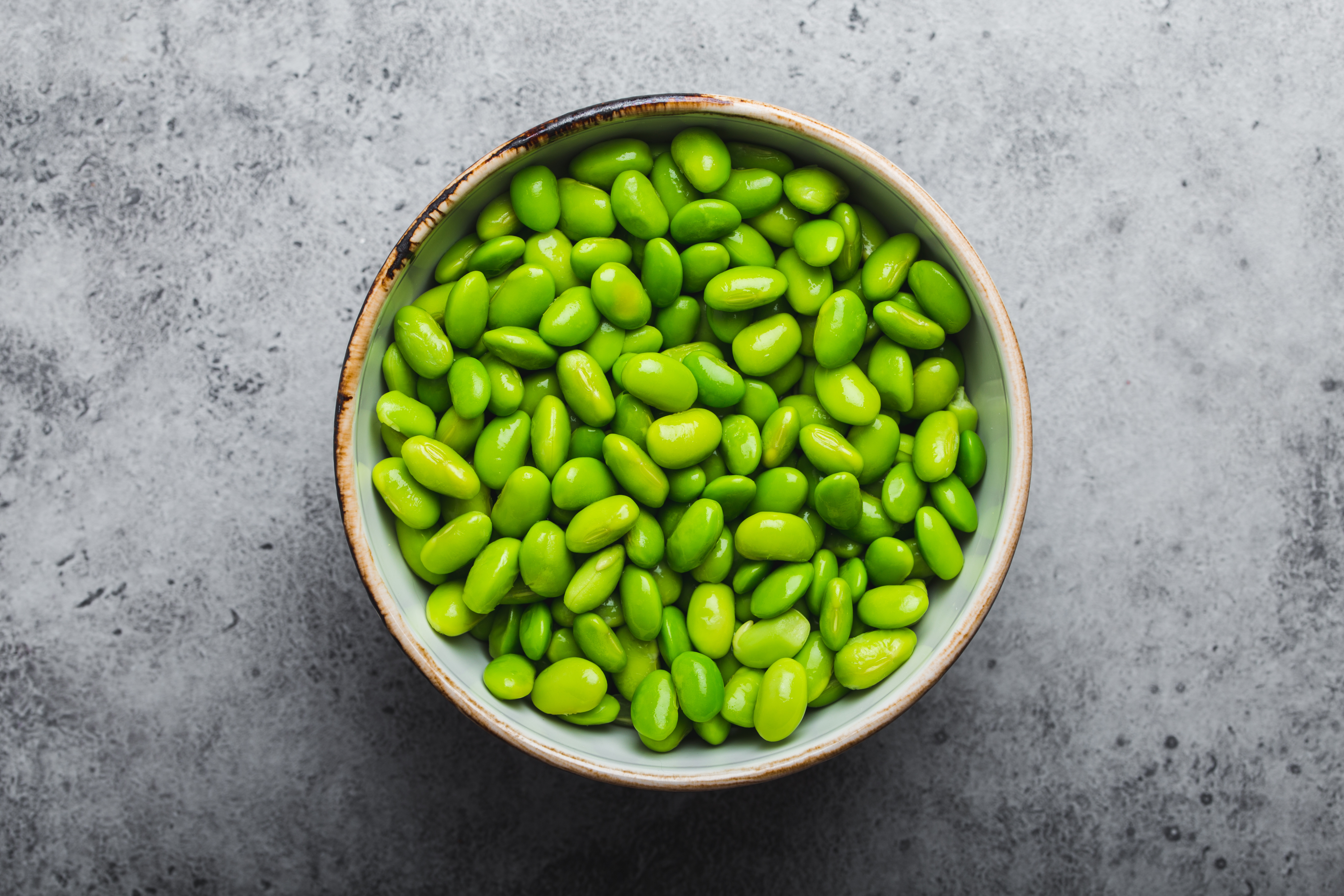
Edamame, or young soybeans, are a cholesterol-lowering powerhouse that is often overlooked. These little green beans contain soy isoflavones, natural plant compounds that have been shown to reduce LDL cholesterol and improve overall heart health. Unlike some animal-based proteins that can increase cholesterol, edamame provides a heart-healthy alternative by delivering high-quality plant protein without saturated fats. One of the biggest benefits of edamame is its fiber content, which binds to cholesterol in the gut and removes it from the body before it has a chance to be absorbed. Additionally, edamame is rich in antioxidants and essential amino acids, which help reduce inflammation, protect blood vessels, and support overall cardiovascular function. Edamame is also an incredibly versatile and easy-to-prepare food. Enjoy it steamed and lightly salted as a snack, toss it into stir-fries, salads, or grain bowls, or blend it into hummus for a creamy, protein-packed dip. Even incorporating just one serving of edamame per day can help support lower LDL cholesterol levels and improve overall heart health.
26. Tart Cherries: A Heart-Boosting Antioxidant
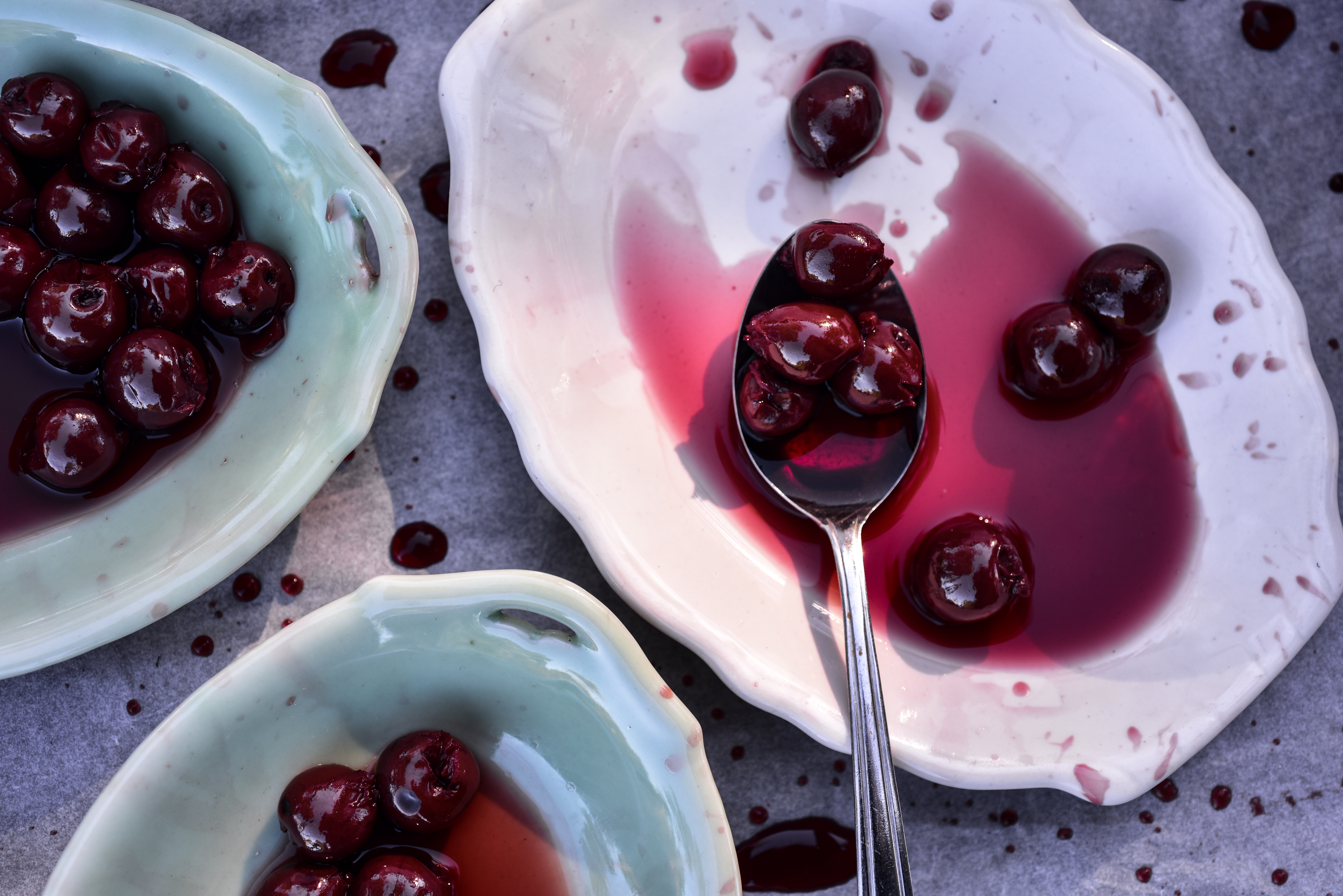
Tart cherries aren’t just delicious—they’re one of the most powerful natural sources of heart-protective antioxidants. They contain anthocyanins, compounds that help reduce inflammation and prevent LDL oxidation, which is a major factor in plaque formation and artery blockages. Studies have shown that consuming tart cherries regularly can lower blood pressure, reduce cholesterol, and improve overall heart health. Beyond their cholesterol-fighting abilities, tart cherries are also rich in polyphenols, which support better blood vessel function and circulation. These compounds help relax blood vessels, making it easier for blood to flow efficiently, reducing strain on the heart. Tart cherries also have natural melatonin, which supports better sleep and stress reduction—two factors that play a role in overall heart health and cholesterol levels. There are plenty of ways to incorporate tart cherries into your diet. You can enjoy them fresh when in season, dried for a chewy snack, or blended into smoothies. Tart cherry juice (with no added sugar) is also a great way to reap the benefits, especially when consumed post-workout, as it helps reduce muscle inflammation and support recovery.
27. Chia Seeds: Tiny but Mighty for Cholesterol Control
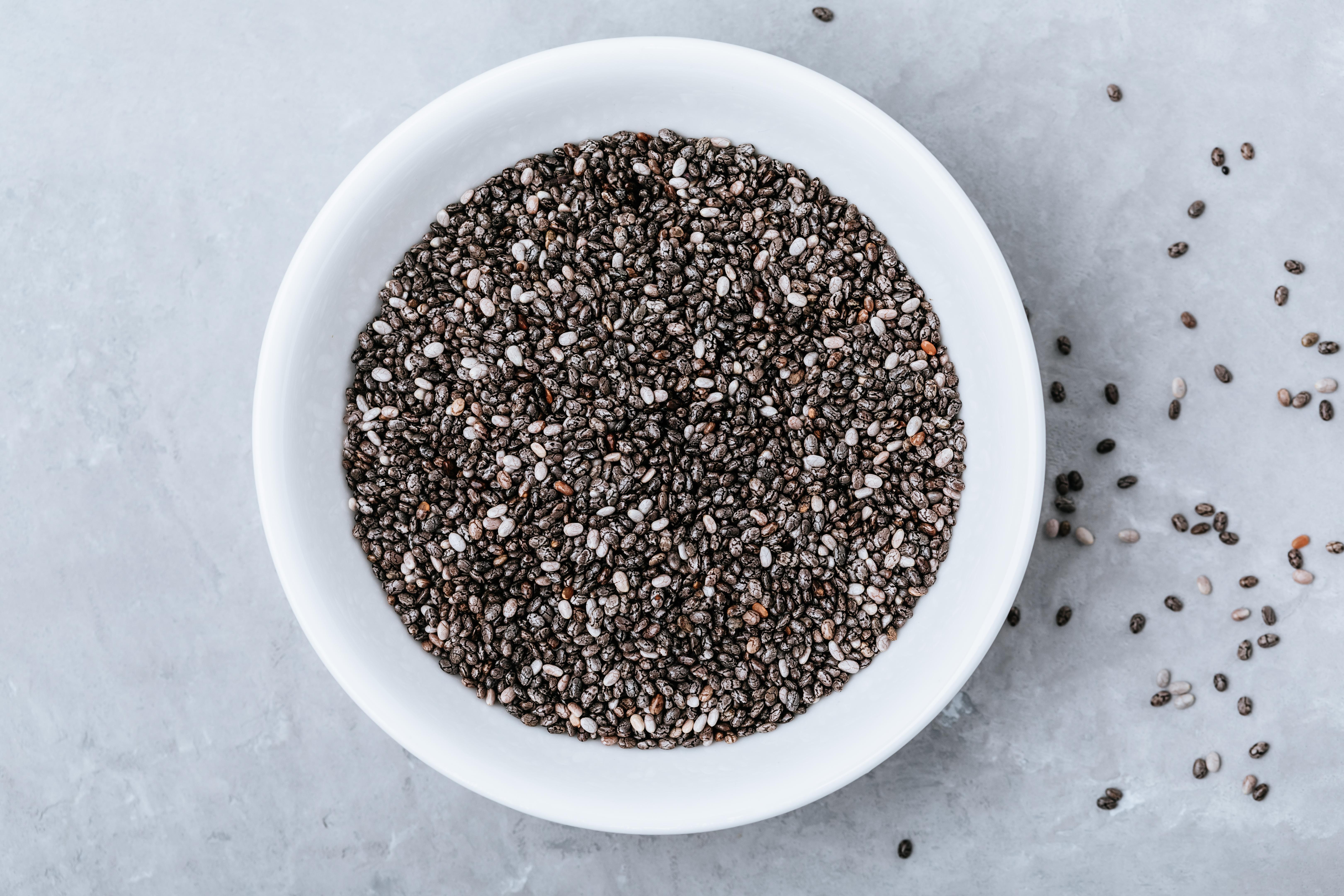
Chia seeds might be tiny, but their nutritional impact is enormous when it comes to heart health. These little super seeds are packed with soluble fiber, omega-3 fatty acids, and antioxidants, making them a triple threat against high cholesterol. One of their most powerful traits is their ability to absorb up to 10 times their weight in water, forming a gel-like coating when mixed with liquid. This gel traps LDL cholesterol in the gut, preventing its absorption into the bloodstream and helping the body flush it out naturally. Beyond their cholesterol-lowering benefits, chia seeds promote healthy digestion, helping to regulate bowel movements and reduce inflammation—both key factors in supporting cardiovascular health. Their high fiber content keeps you feeling full, which can aid in weight management, another essential aspect of keeping cholesterol levels balanced. Incorporating chia seeds into your diet is effortless. Add them to smoothies, overnight oats, or yogurt for a nutritious boost, or mix them into homemade granola, baked goods, or salad dressings. One of the best ways to enjoy them is by making a chia seed pudding, combining them with almond milk and a touch of honey for a delicious, heart-friendly treat. You can also stir them into water with a splash of lemon juice for a simple, refreshing drink that supports cholesterol control and hydration.
28. Pumpkin Seeds: The Underrated Heart Protector
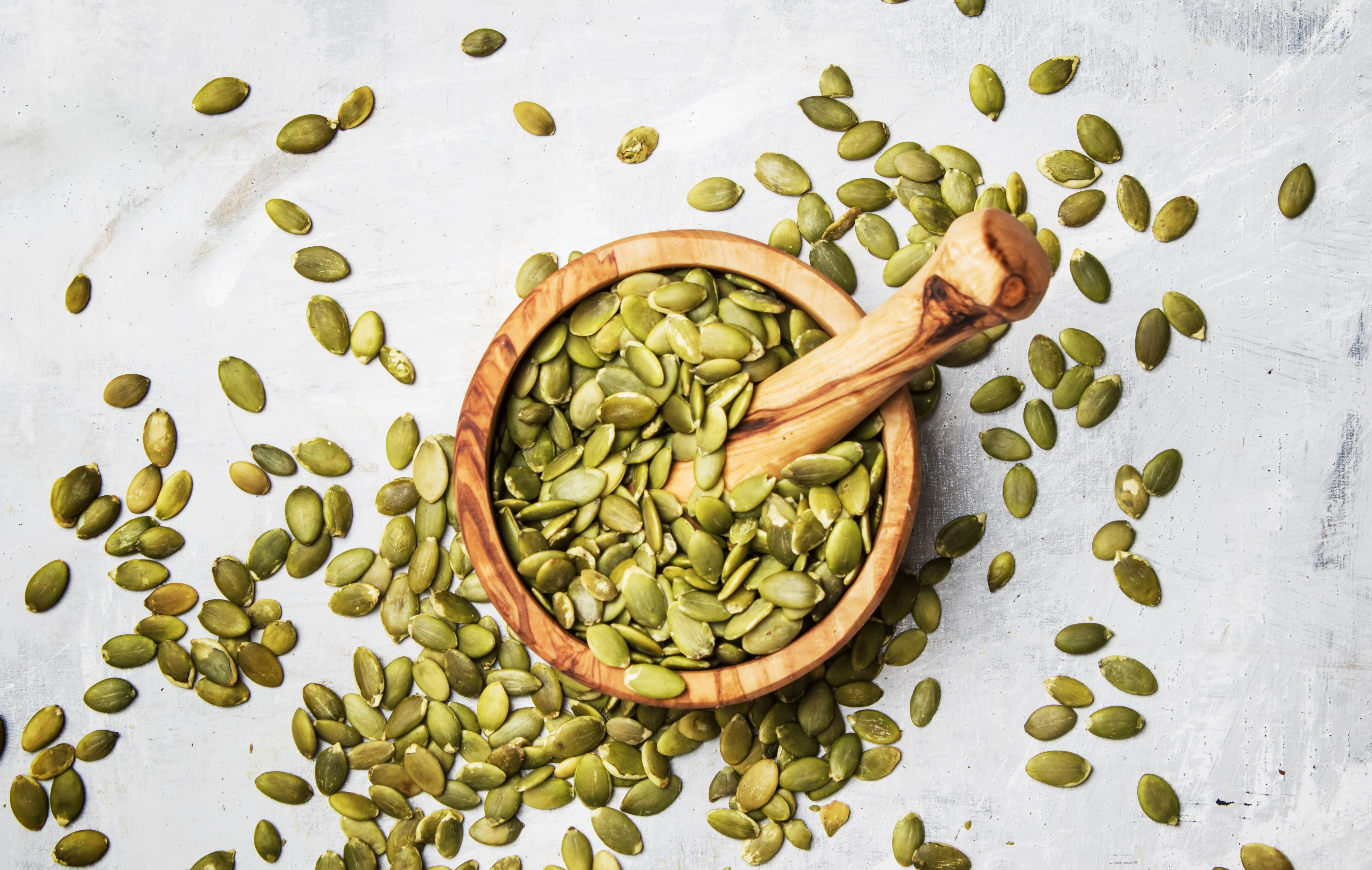
Pumpkin seeds are often overlooked, but these nutritional powerhouses deserve a spot in any heart-healthy diet. They are a rich source of plant sterols, naturally occurring compounds that help block cholesterol absorption in the intestines. These sterols work similarly to certain cholesterol-lowering medications by competing with cholesterol for absorption, ultimately reducing LDL (bad) cholesterol levels in the body. But the benefits don’t stop there. Pumpkin seeds are also packed with magnesium, zinc, and heart-healthy unsaturated fats, all of which play an essential role in maintaining optimal circulation and preventing plaque buildup in the arteries. Magnesium, in particular, is crucial for relaxing blood vessels, reducing high blood pressure, and supporting overall cardiovascular function. Zinc helps reduce inflammation, another risk factor for heart disease, while the healthy fats in pumpkin seeds boost HDL (good) cholesterol, further balancing cholesterol levels. Adding pumpkin seeds to your diet is simple. Enjoy them raw or roasted as a snack, toss them into salads, oatmeal, or yogurt, or blend them into homemade pesto for a nutty, cholesterol-friendly twist. They also make a fantastic topping for soups, stir-fries, or whole grain dishes, adding a delicious crunch along with heart-healthy benefits.
29. Fenugreek Seeds: A Cholesterol-Blocking Spice
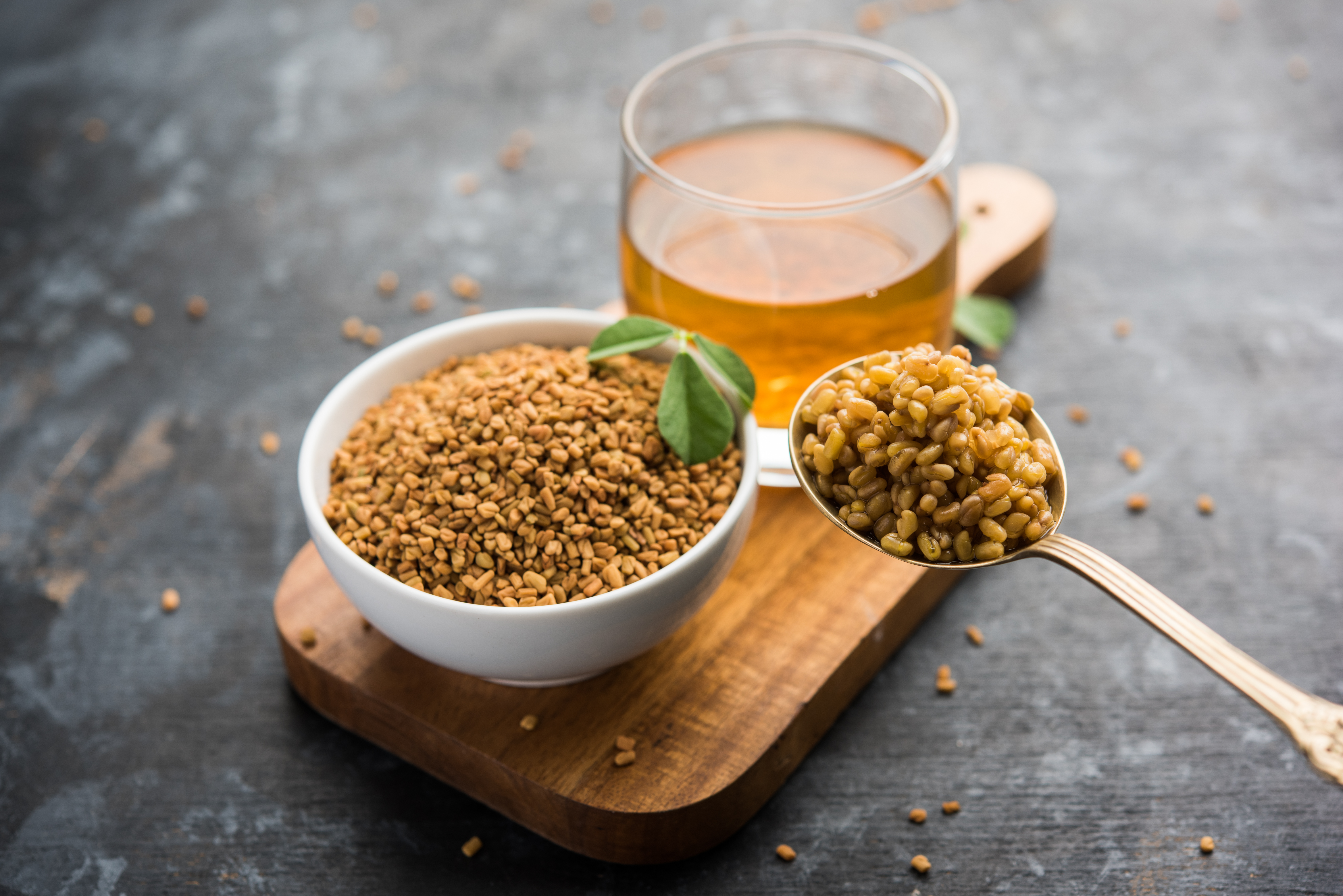
Used in Ayurvedic and traditional medicine for centuries, fenugreek seeds are a natural LDL cholesterol fighter with impressive heart-protective properties. These seeds contain galactomannan, a type of soluble fiber that helps trap and remove cholesterol from the intestines before it can be absorbed into the bloodstream. This makes fenugreek particularly effective at lowering total cholesterol and LDL (bad) cholesterol levels while having a minimal impact on HDL (good) cholesterol. Fenugreek seeds also stimulate bile production, an essential process that helps the body break down and eliminate excess cholesterol. Additionally, they contain saponins, plant compounds that actively prevent cholesterol from being absorbed in the intestines. Research has shown that regular consumption of fenugreek can significantly lower LDL cholesterol and triglyceride levels, making it a powerful addition to a heart-healthy diet. There are several easy ways to incorporate fenugreek into your daily routine. Soak fenugreek seeds overnight, then drink the water in the morning to support cholesterol management. You can also grind the seeds into a fine powder and add it to soups, curries, homemade bread, or spice blends. Another popular option is using fenugreek as a tea or infusion, combining the seeds with hot water for a mild, nutty-flavored drink that supports cholesterol regulation and digestion.
30. Pomegranates: The Antioxidant Powerhouse
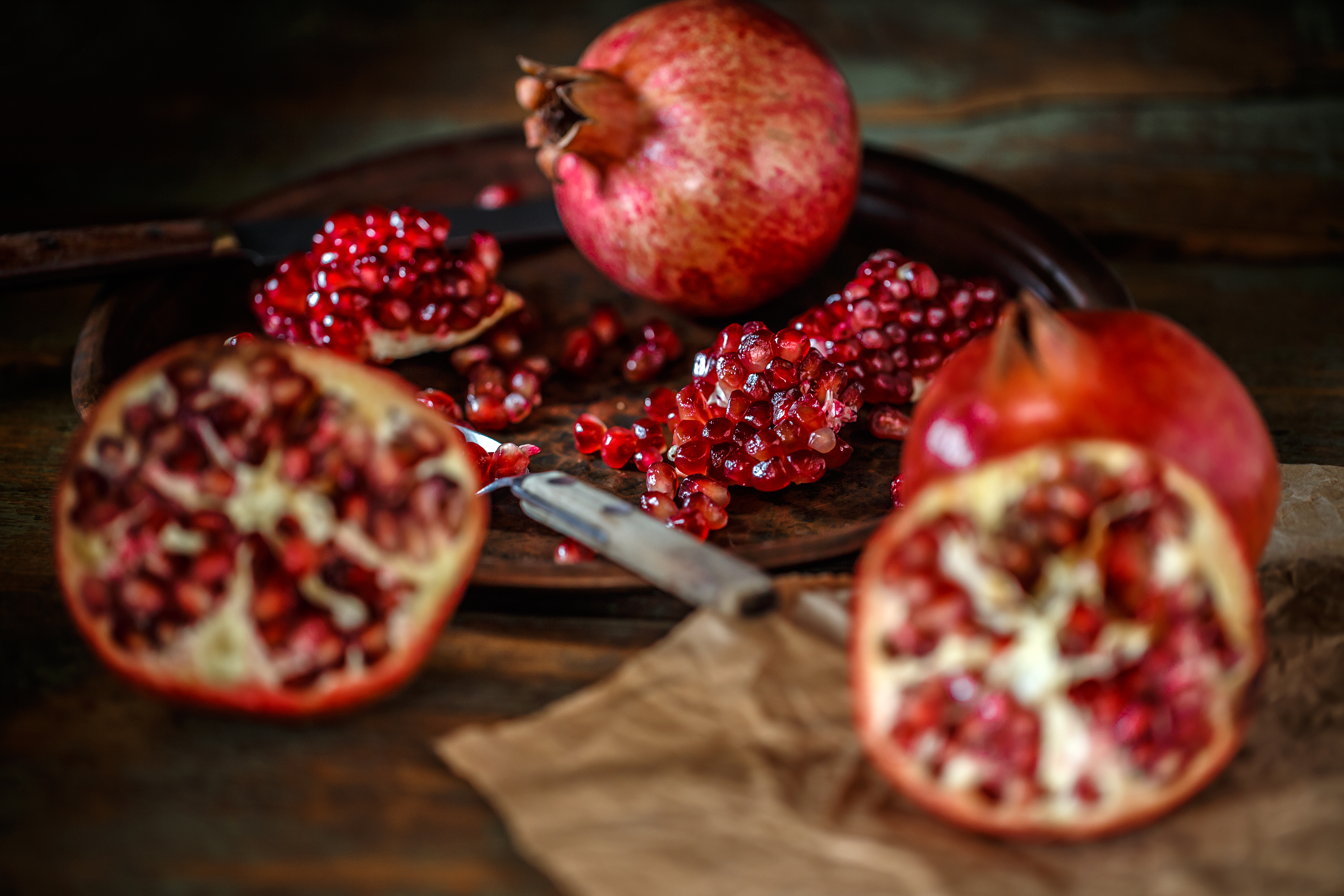
Pomegranates are not just a sweet and refreshing fruit—they’re one of the most potent natural remedies for lowering cholesterol. These vibrant red fruits are loaded with polyphenols and anthocyanins, powerful antioxidants that help prevent LDL cholesterol from oxidizing, a key factor in the formation of artery-clogging plaque. When LDL cholesterol oxidizes, it becomes far more dangerous, contributing to the hardening and narrowing of arteries, which increases the risk of heart disease. Studies have shown that regular pomegranate consumption can improve blood flow, reduce arterial stiffness, and support heart function by lowering LDL cholesterol and increasing HDL cholesterol. Additionally, pomegranates are rich in ellagic acid, which has been found to reduce inflammation and support healthy blood pressure levels. To enjoy the heart-healthy benefits of pomegranates, eat the fresh seeds as a snack, sprinkle them over salads, yogurt, or oatmeal, or blend them into smoothies. Pomegranate juice is another excellent option, but be sure to choose unsweetened varieties to avoid excess sugar. Whether enjoyed whole or in juice form, pomegranates offer a delicious way to protect your heart and lower cholesterol levels.
31. Watermelon: A Juicy Way to Reduce Cholesterol
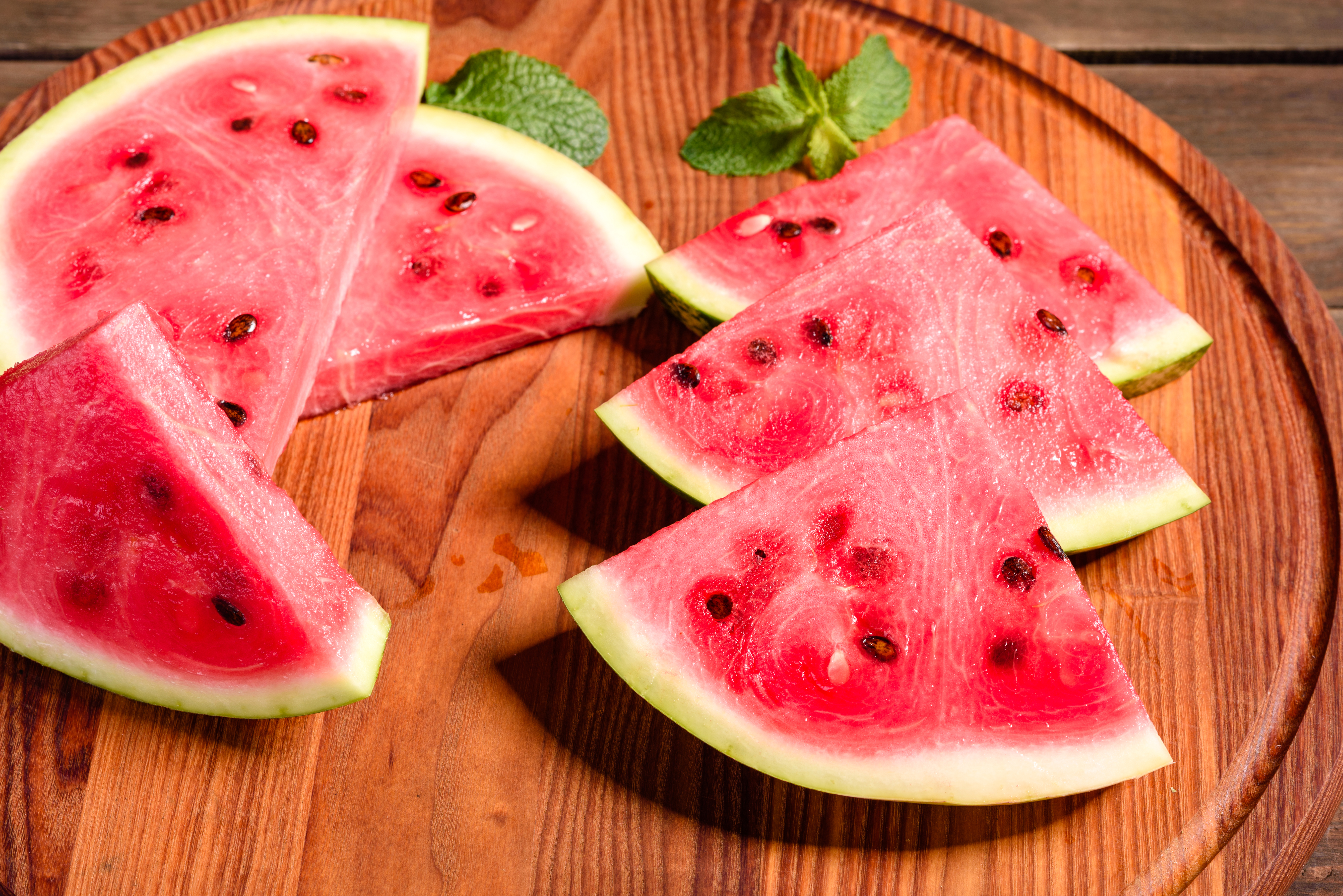
Watermelon is more than just a refreshing summer fruit—it’s a powerful cholesterol-lowering food that supports arterial health and circulation. It is packed with citrulline, an amino acid that helps relax blood vessels, improve circulation, and lower blood pressure. This is particularly beneficial for people with high cholesterol, as poor circulation and arterial stiffness increase the risk of plaque buildup and heart disease. Another key compound found in watermelon is lycopene, a potent antioxidant that has been shown to reduce LDL cholesterol oxidation and inflammation—two major contributors to cardiovascular disease. Lycopene also helps to reduce arterial stiffness, improving overall heart function and lowering the risk of atherosclerosis. Studies have suggested that regular consumption of watermelon or watermelon juice can help improve blood lipid profiles, reducing total cholesterol and triglycerides while promoting better heart health. This makes it an excellent choice for those looking to naturally manage their cholesterol levels. Incorporating watermelon into your diet is incredibly easy. Enjoy it fresh as a hydrating snack, blend it into smoothies, or make a refreshing watermelon salad with mint and feta. Watermelon juice is another great option—just be sure to choose fresh, unsweetened juice for maximum health benefits.
32. Sunflower Seeds: A Crunchy Cholesterol Fix
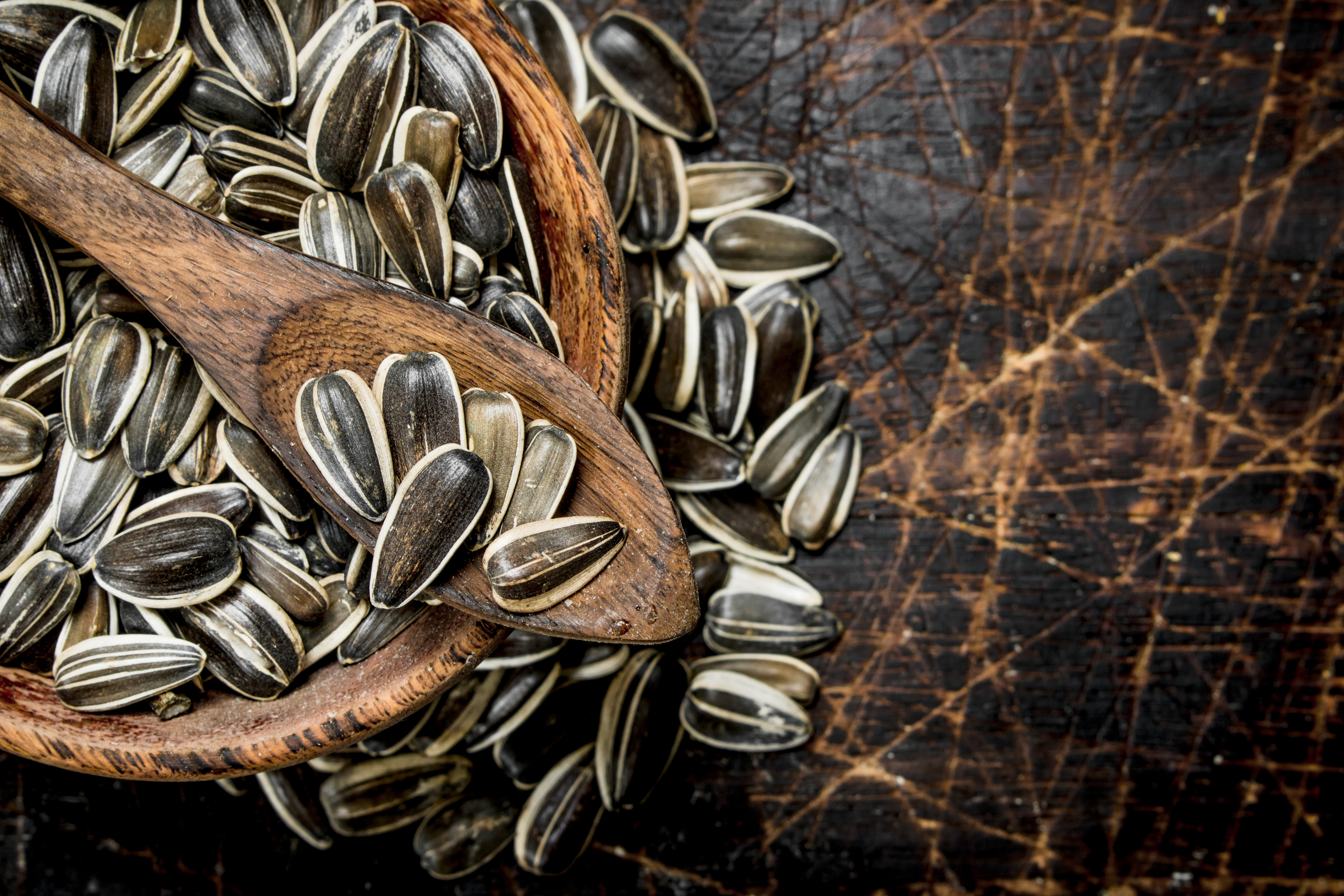
Sunflower seeds may be small, but they pack a serious punch when it comes to lowering cholesterol and improving heart health. These crunchy seeds are loaded with phytosterols, plant compounds that naturally block cholesterol absorption in the intestines, preventing it from entering the bloodstream. This makes sunflower seeds a great addition to any cholesterol-lowering diet. Additionally, they are high in vitamin E, a powerful antioxidant that helps protect the arteries from oxidative stress and inflammation—two major factors in the development of heart disease. Sunflower seeds are also rich in healthy fats, magnesium, and fiber, which contribute to improved blood circulation and a healthier lipid profile. Studies show that consuming sunflower seeds regularly can help reduce LDL (bad) cholesterol while boosting HDL (good) cholesterol, keeping your heart functioning at its best. To reap the benefits, opt for unsalted, roasted sunflower seeds to avoid excess sodium, which can negatively impact blood pressure. Sprinkle them over salads, yogurt, oatmeal, or homemade granola, or blend them into nut butters and energy bars. Their nutty, slightly sweet flavor adds a delightful crunch while actively supporting heart health.
33. Brussels Sprouts: The Cruciferous Cholesterol Fighter
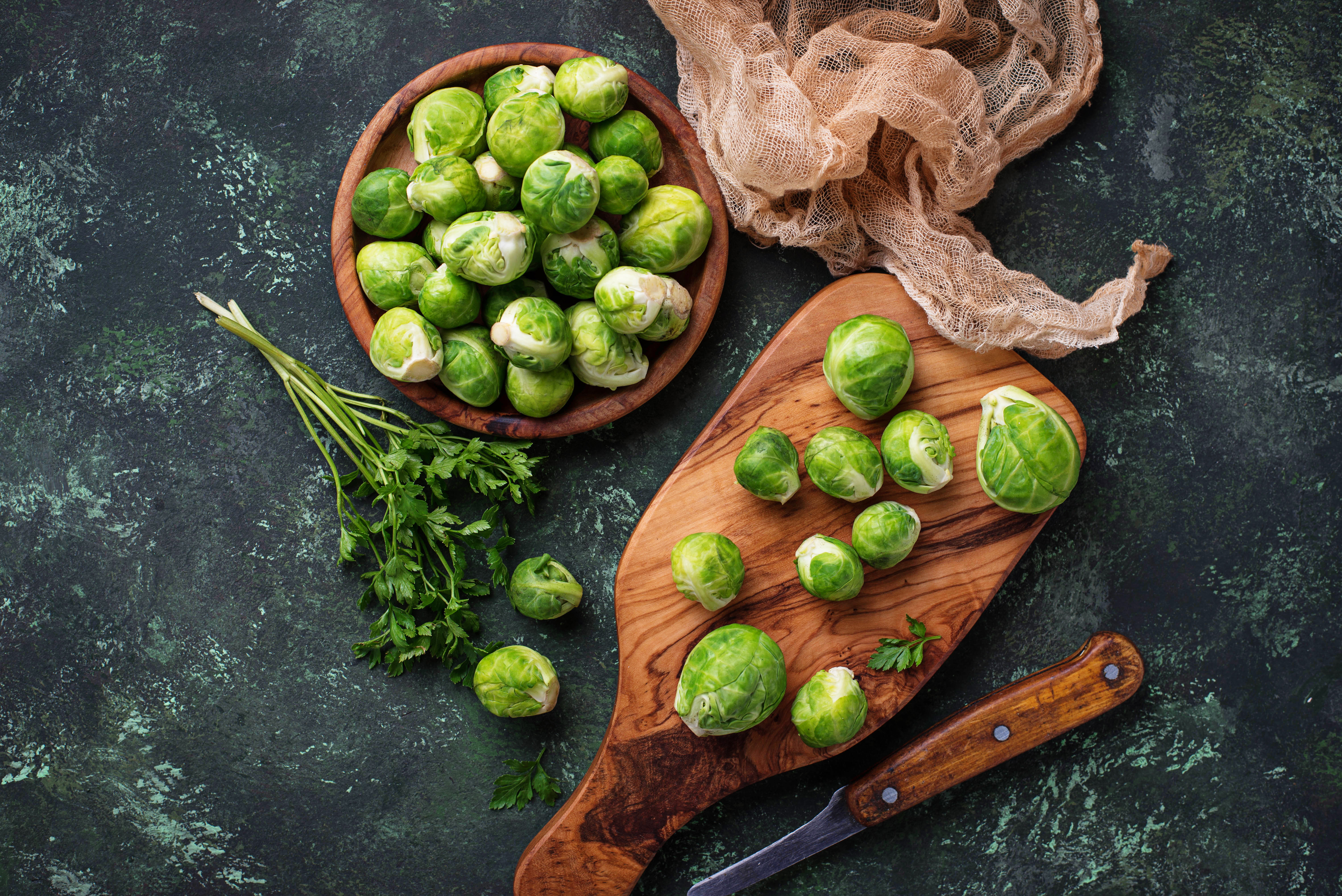
Brussels sprouts might not be everyone's favorite vegetable, but their cholesterol-lowering properties make them worth a second look. These mini-cabbage-like greens belong to the cruciferous vegetable family, known for their powerful ability to support liver detoxification and cholesterol metabolism. They are packed with soluble fiber, which binds to excess cholesterol in the digestive tract and flushes it out before it can be absorbed into the bloodstream. One of Brussels sprouts’ standout features is their high content of glucosinolates, natural compounds that help detoxify the liver and reduce inflammation. Since the liver plays a crucial role in cholesterol regulation, eating more Brussels sprouts helps improve cholesterol balance and overall heart health. They also contain plant sterols and antioxidants, both of which help prevent LDL cholesterol from oxidizing and forming arterial plaque. For the best flavor, roast Brussels sprouts with a drizzle of olive oil, garlic, and a sprinkle of black pepper to bring out their natural sweetness. You can also shred them into salads, toss them into stir-fries, or blend them into soups. With every bite, you’ll be fueling your body with cholesterol-fighting nutrients that work to keep your arteries clear and your heart strong.
34. Persimmons: The Sweetest Way to Fight Cholesterol
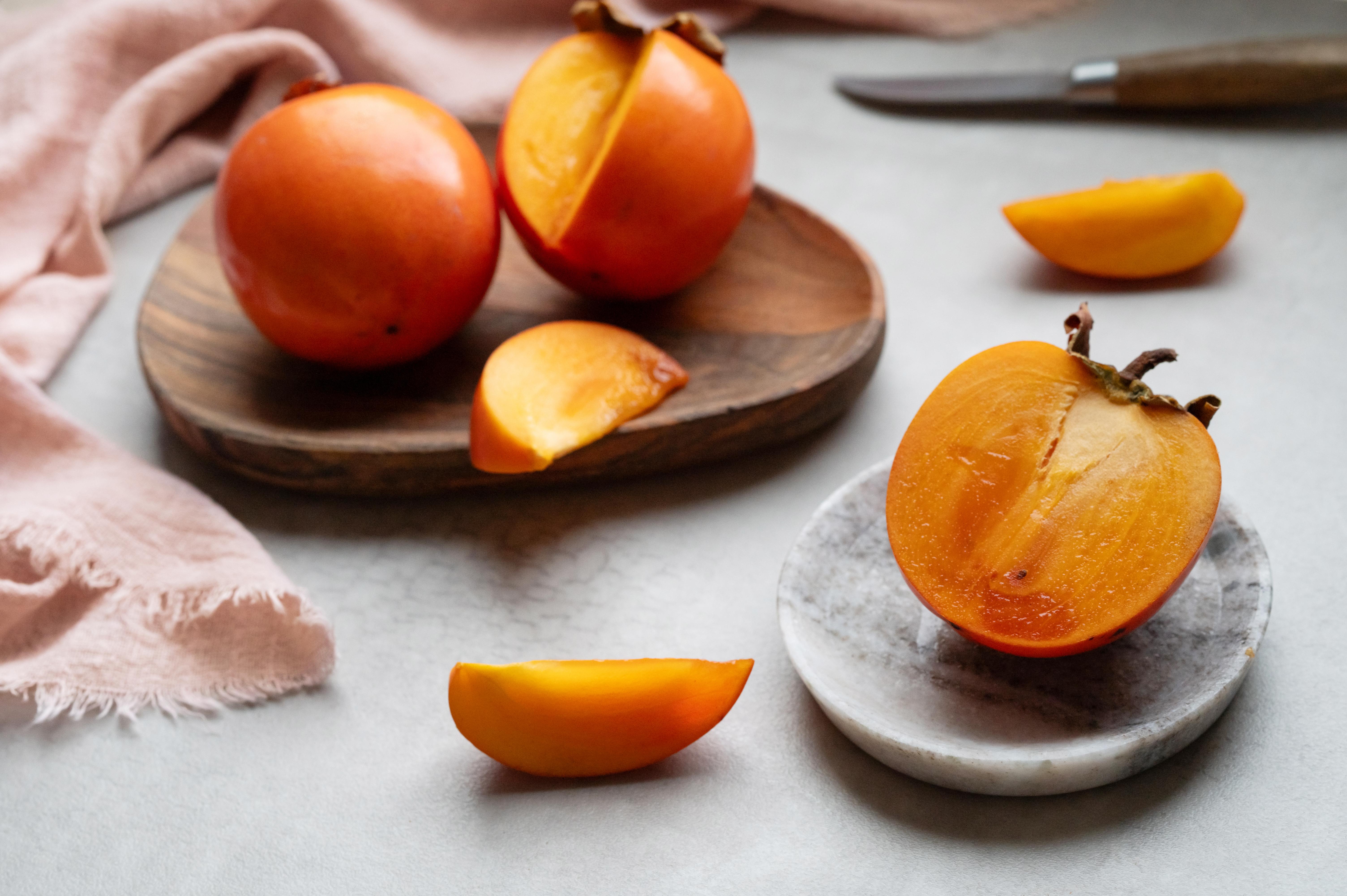
Persimmons are not only vibrant and delicious but also an incredibly powerful fruit for lowering cholesterol. Often overlooked, these bright orange gems are packed with soluble fiber, particularly pectin, which is known to bind to cholesterol in the gut and remove it from the body before it can be absorbed. Just one persimmon provides a significant amount of heart-healthy fiber, helping to naturally lower LDL (bad) cholesterol while promoting better digestion. Beyond fiber, persimmons are loaded with polyphenols and tannins, natural antioxidants that prevent LDL cholesterol from oxidizing. This is crucial because oxidized LDL cholesterol is far more likely to stick to artery walls, leading to plaque buildup and increasing the risk of heart disease. Studies have shown that consuming persimmons regularly can reduce total cholesterol and triglyceride levels, improving overall cardiovascular function. Enjoy persimmons fresh as a snack, sliced into salads, or blended into smoothies. Their naturally sweet, honey-like flavor makes them an excellent sugar substitute in baking and desserts. You can also dry them for a chewy, heart-healthy snack that lasts all season long. No matter how you eat them, persimmons are a delicious and effective way to support heart health.
35. Matcha Green Tea: A Cholesterol-Lowering Super Drink
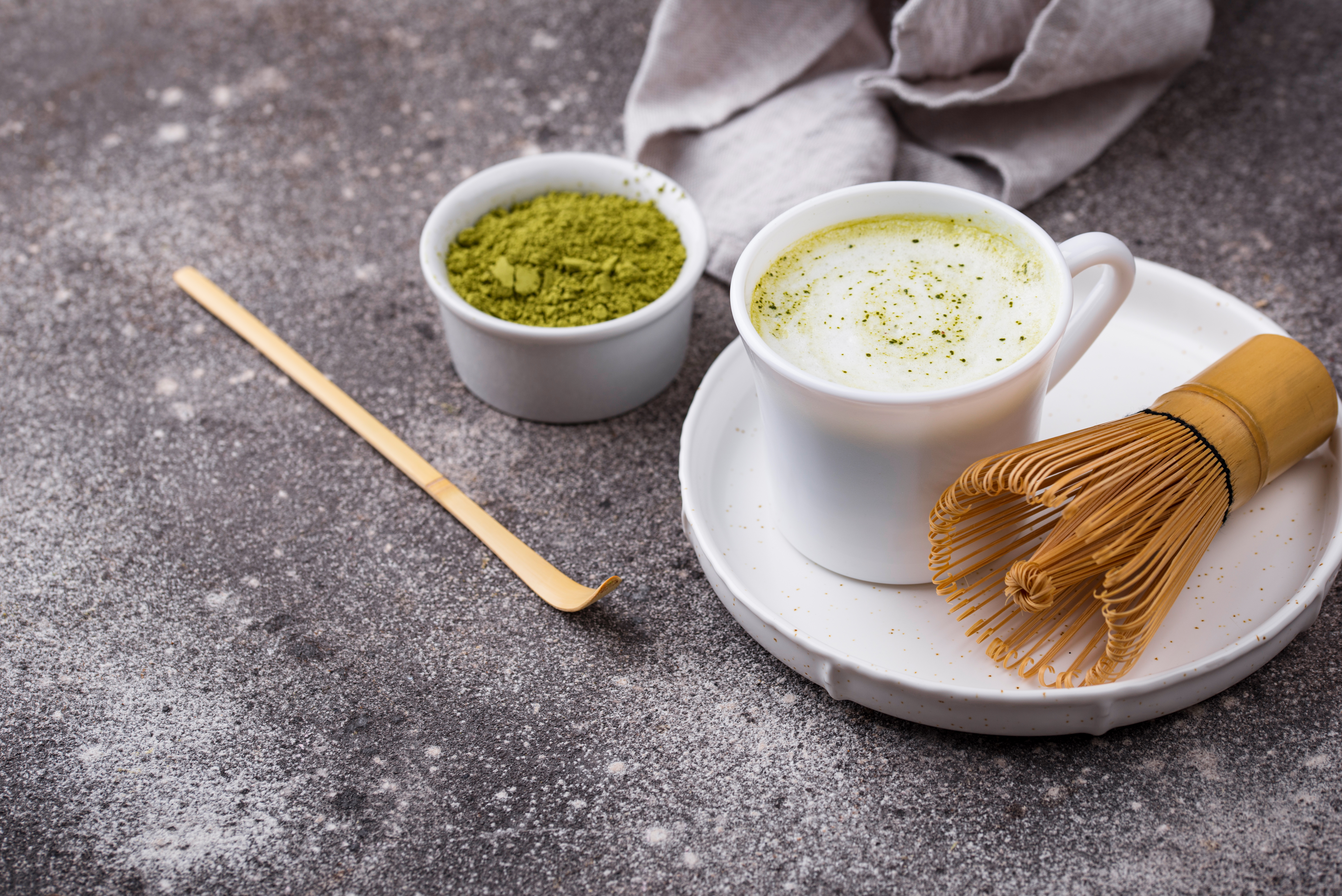
If you’re looking for a simple way to lower cholesterol while boosting overall heart health, swapping your morning coffee for matcha green tea might be the answer. Matcha is a highly concentrated form of green tea, rich in catechins, antioxidants that have been shown to lower LDL cholesterol while increasing HDL (good) cholesterol. Unlike traditional green tea, matcha is made from whole ground tea leaves, meaning you get all the benefits in a more potent dose. Studies show that regular consumption of matcha or green tea can reduce LDL cholesterol levels and improve blood circulation, preventing the buildup of arterial plaque. Matcha is also packed with L-theanine, an amino acid that helps reduce stress and blood pressure, both of which are critical factors for maintaining heart health. To incorporate matcha into your routine, whisk it into hot water for a traditional tea, blend it into smoothies, or make a matcha latte with almond or oat milk. It’s an easy and delicious way to support cholesterol control, brain function, and overall well-being.
36. Turmeric: The Golden Cholesterol Healer
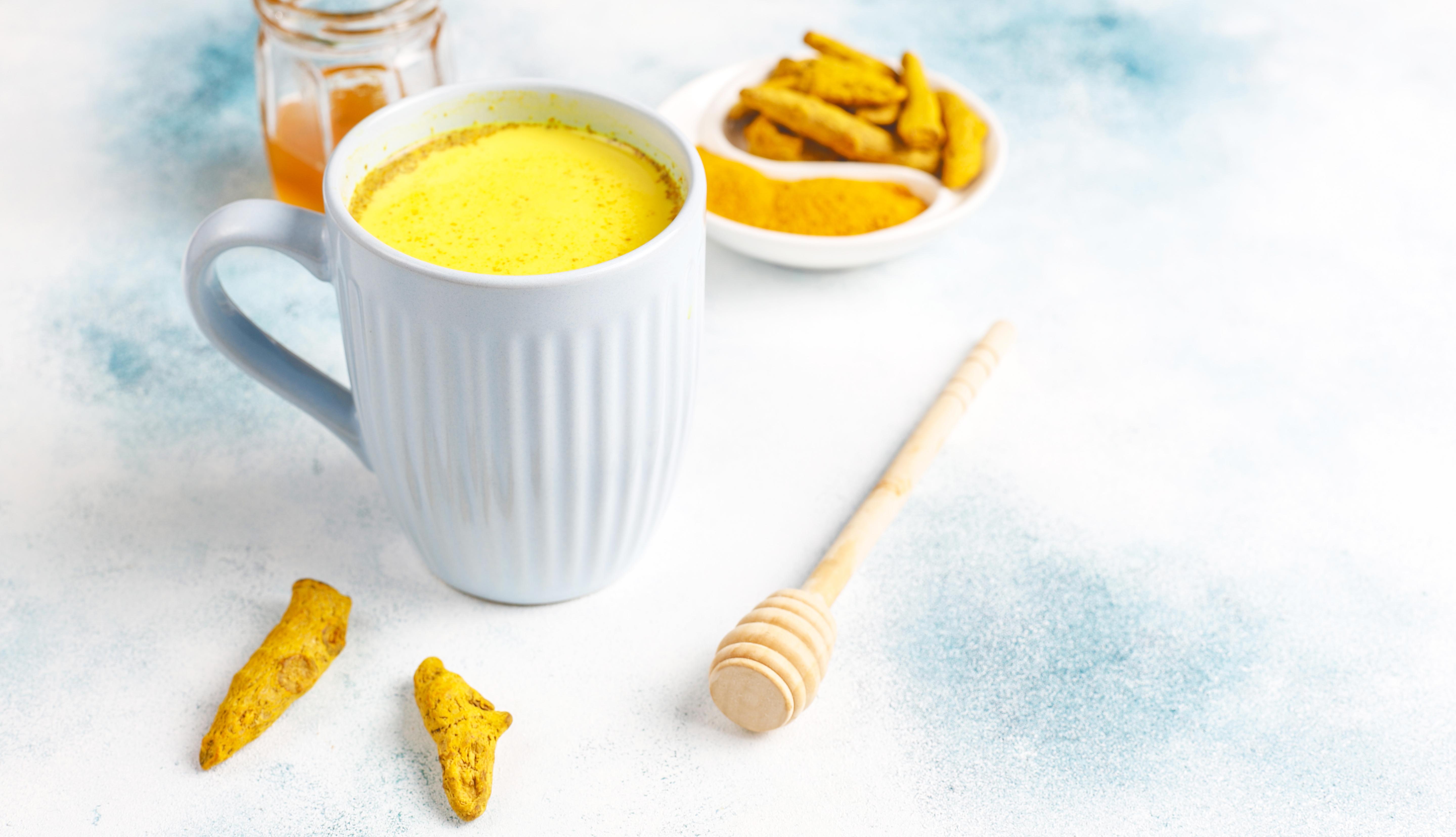
Turmeric isn’t just a trendy superfood—it’s one of the most powerful natural remedies for reducing cholesterol and inflammation. The key compound in turmeric, curcumin, has been extensively studied for its ability to lower LDL cholesterol while increasing HDL cholesterol levels. Curcumin also helps prevent cholesterol oxidation, a crucial step in stopping plaque formation and artery blockages. Beyond cholesterol, turmeric has strong anti-inflammatory and antioxidant properties, which can help reduce arterial stiffness, improve circulation, and lower blood pressure. Since chronic inflammation plays a significant role in the development of heart disease and high cholesterol, turmeric is a valuable addition to any heart-healthy diet. To maximize turmeric’s benefits, pair it with black pepper, which contains piperine, a compound that enhances curcumin absorption by up to 2,000%. Add turmeric to soups, curries, roasted vegetables, or scrambled eggs, or make a golden milk latte by blending it with warm almond milk, cinnamon, and a touch of honey. For a more concentrated dose, consider taking a curcumin supplement with black pepper extract. Turmeric is not just a spice—it’s a natural heart protector that helps keep cholesterol in check while fighting inflammation and oxidative stress.
37. Teff: The Tiny Grain with Big Cardiovascular Benefits
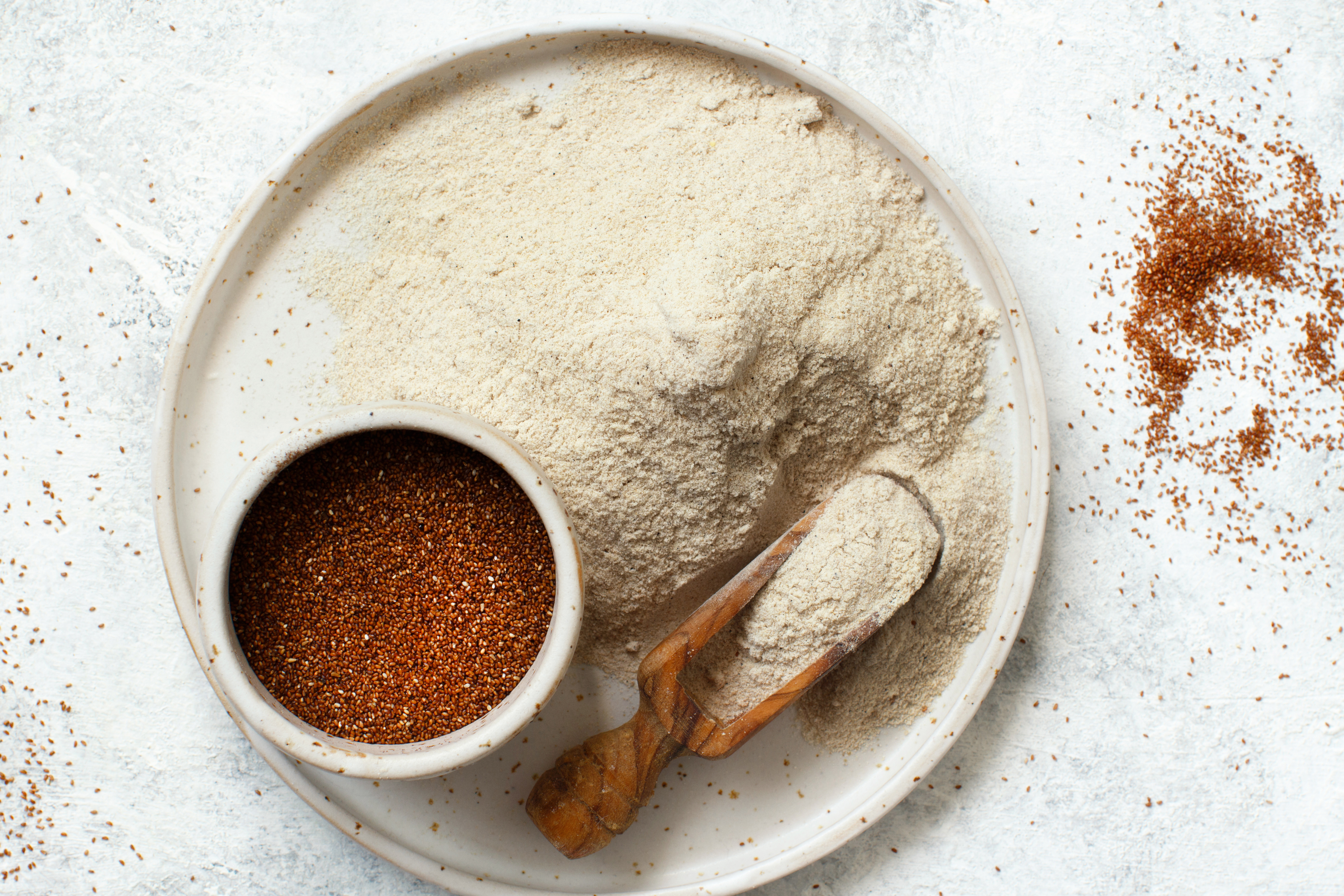
Teff may be one of the smallest grains in the world, but its benefits for heart health are massive. This ancient Ethiopian staple is loaded with soluble fiber and resistant starch, two key components that help lower LDL (“bad”) cholesterol levels. The soluble fiber in teff binds to bile acids in your digestive tract, assisting the body in eliminating excess cholesterol before it can enter the bloodstream. Meanwhile, its resistant starch acts like a prebiotic, fueling beneficial gut bacteria that play a role in cholesterol metabolism and inflammation control. Teff is also an impressive source of magnesium, a mineral essential for healthy blood pressure and optimal circulation, as well as iron, which supports red blood cell production and oxygen delivery throughout the body. One of teff’s standout traits is its rich content of lysine, a rare amino acid in most grains, which supports collagen production, calcium absorption, and fat metabolism—making it helpful in regulating blood lipids. Thanks to its mild, nutty flavor and quick cooking time, teff is a versatile ingredient that can be enjoyed as a warm breakfast porridge, baked into breads or muffins, or used as a hearty grain base for bowls, soups, and side dishes. It's gluten-free, nutrient-dense, and one of the most heart-friendly grains you can add to your pantry.
38. Cacao Nibs: Raw Chocolate That Loves Your Arteries
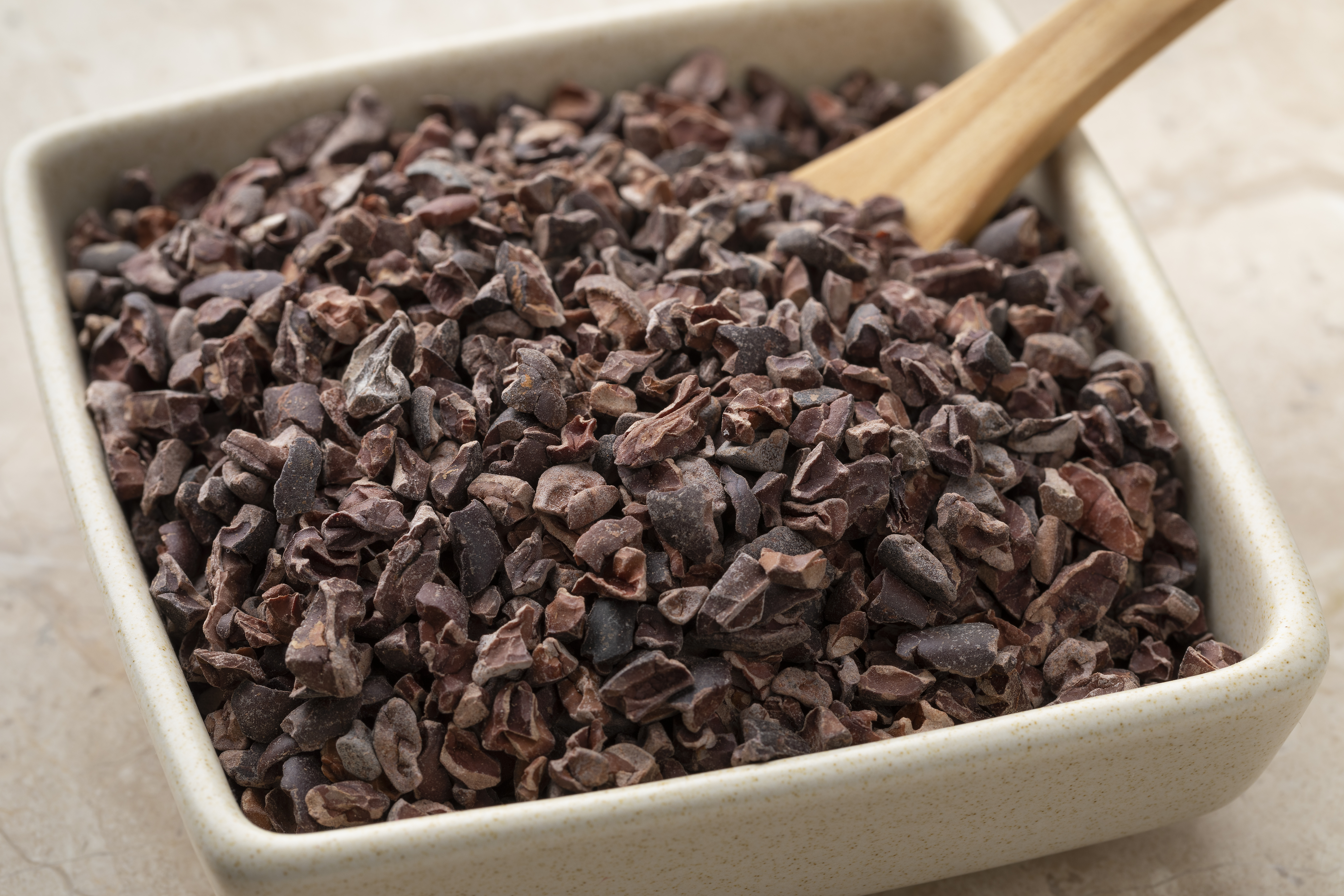
Cacao nibs are the minimally processed, crunchy fragments of raw cacao beans—and unlike processed chocolate, they offer powerful cardiovascular benefits without the added sugar. Rich in flavonoids, particularly epicatechin, cacao nibs have been shown to improve blood vessel elasticity, enhance nitric oxide production (which helps dilate blood vessels), and reduce both systolic and diastolic blood pressure. These plant compounds also combat LDL oxidation—a key step in the formation of arterial plaque—making cacao nibs a potent protector against atherosclerosis and heart disease. Cacao is also one of the best dietary sources of magnesium, a mineral that promotes vascular relaxation, supports nerve and muscle function, and helps regulate heartbeat. It contains theobromine, a mild stimulant that can improve circulation and reduce inflammation. While cacao nibs are slightly bitter on their own, they pair beautifully with sweet and creamy ingredients. Sprinkle them over oatmeal or yogurt, blend them into smoothies, mix into trail mix, or use them as a crunchy topping for smoothie bowls and baked goods. They add rich, chocolatey flavor while delivering a potent dose of antioxidants that support heart health. A little indulgence never felt so guilt-free—or so good for your arteries.
39. Barley: A Soluble Fiber Superstar
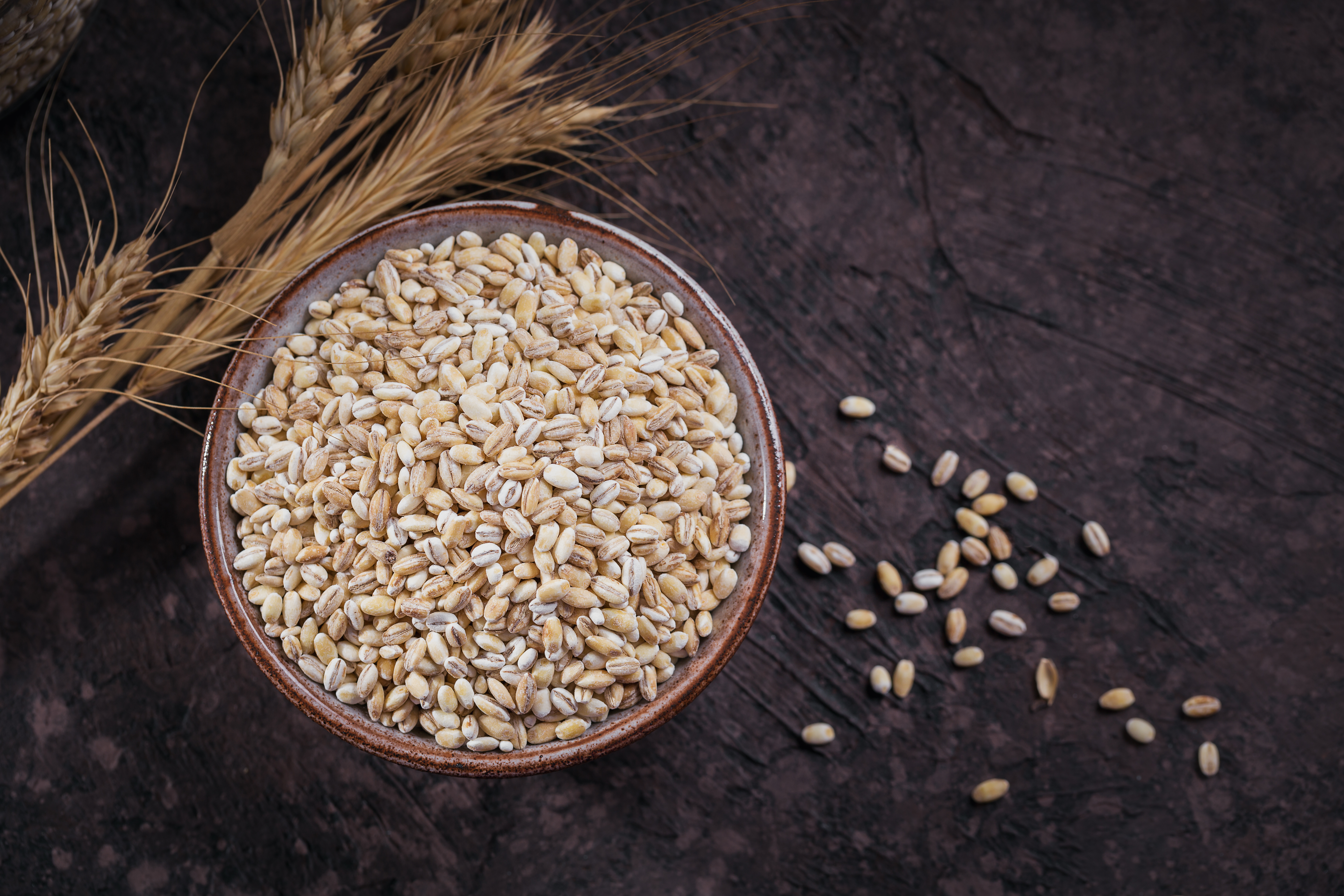
Barley is often overshadowed by trendier grains, but when it comes to cholesterol management, it deserves top billing. One of barley’s most potent components is beta-glucan, a type of soluble fiber that creates a gel-like substance in your gut. This gel traps bile acids—compounds made from cholesterol—and helps flush them out of the body. As your body works to replace these bile acids, it pulls more cholesterol from your bloodstream, effectively lowering LDL levels over time. Clinical studies have consistently shown that eating barley can lead to significant reductions in total and LDL cholesterol, even in just a few weeks. But barley offers more than just fiber. It’s also packed with selenium, magnesium, and B vitamins, all of which support cardiovascular function by reducing inflammation, improving circulation, and helping to regulate blood sugar levels. Barley has a chewy texture and nutty flavor that works beautifully in both savory and sweet dishes. Use hulled or whole-grain barley (which retains more nutrients than pearled barley) in soups, grain salads, stews, or as a hearty alternative to rice or couscous. Whether you’re aiming to prevent heart disease or manage your cholesterol, barley is a satisfying and evidence-backed addition to your heart-healthy toolkit.
40. Basil Seeds: The Cholesterol-Fighting Cousin of Chia

Basil seeds—also known as sabja or tukmaria seeds—may not be as well-known as chia seeds, but they’re just as powerful when it comes to supporting heart health and lowering cholesterol. These tiny black seeds swell into a gel-like texture when soaked in water, forming a rich source of soluble fiber. This fiber acts like a sponge in your gut, binding to cholesterol and bile acids and helping remove them from your system before they can be absorbed. Over time, this mechanism can significantly lower LDL cholesterol levels while aiding in weight management and digestion. Basil seeds are also rich in omega-3 fatty acids, which are known to reduce inflammation, support artery flexibility, and help balance cholesterol ratios. They’re packed with antioxidants, iron, and essential micronutrients that further enhance cardiovascular health. Traditionally used in Southeast Asian and Middle Eastern drinks and desserts, basil seeds can easily be incorporated into modern dishes. Stir them into smoothies, yogurts, or fruit juices, or make a pudding similar to chia by soaking them in plant-based milk. Because they expand quickly and take on a pleasantly chewy texture, basil seeds are a satisfying way to curb cravings while improving your heart health from the inside out.
41. Arugula: The Peppery Green with Heart-Protective Compounds
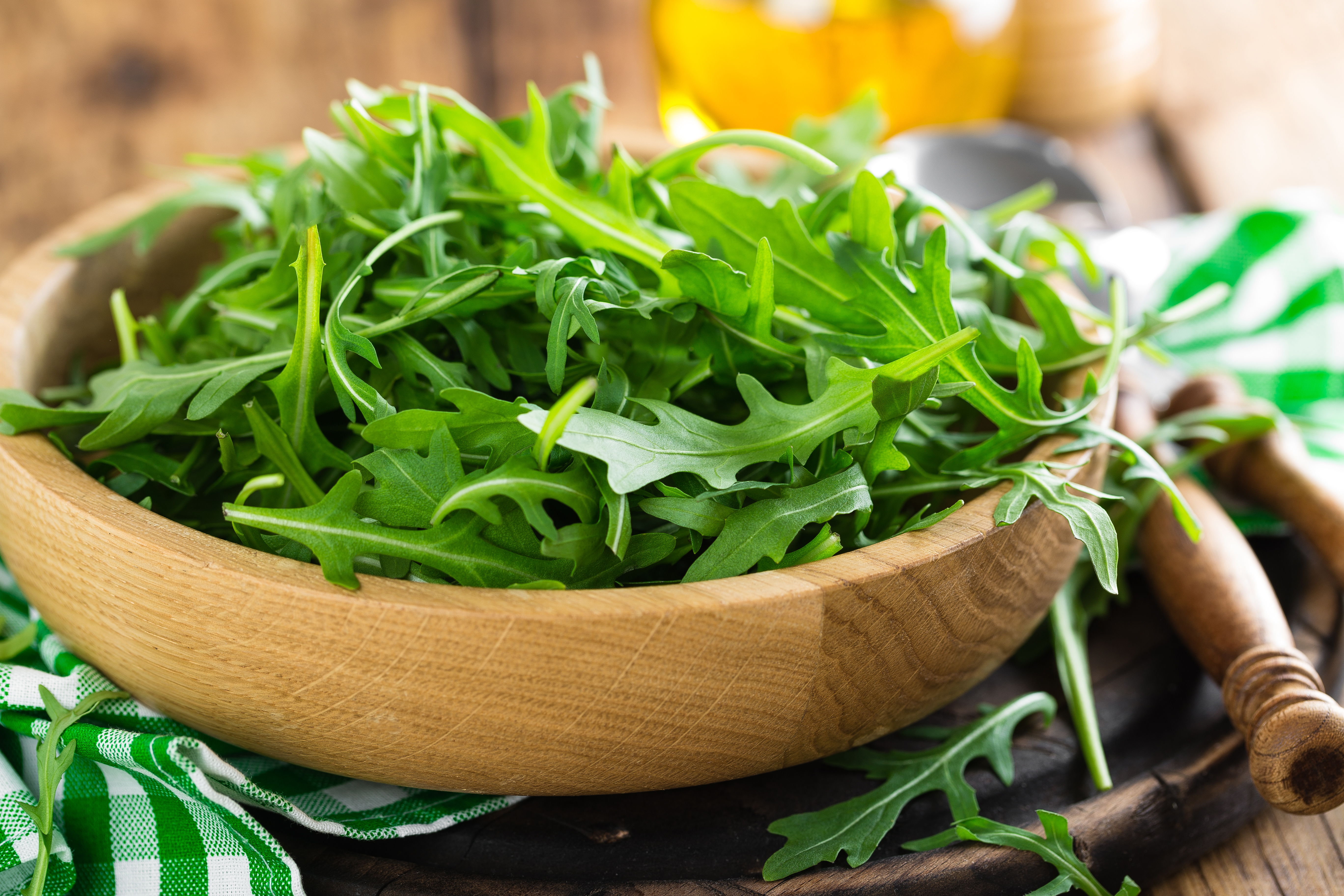
Arugula may look like just another leafy green, but this peppery powerhouse is brimming with compounds that benefit cardiovascular health. As a member of the cruciferous vegetable family (alongside kale and broccoli), arugula contains glucosinolates—plant compounds that help detoxify the liver and regulate cholesterol by enhancing bile production and supporting fat metabolism. A well-functioning liver plays a central role in managing cholesterol, and foods like arugula give it the support it needs to keep lipid levels in check. Arugula is also rich in vitamin K, which helps prevent arterial calcification, and nitrates—natural compounds that convert into nitric oxide in the body. Nitric oxide relaxes blood vessels, improves circulation, and reduces arterial stiffness, lowering the risk of high blood pressure and atherosclerosis. Beyond its nutrient profile, arugula brings bold flavor to the table, which can help reduce the need for salt or fatty dressings in salads and meals. Toss it with citrus vinaigrette, layer it on sandwiches or pizzas, or blend it into pesto with walnuts and olive oil for a heart-smart twist. Light, flavorful, and packed with heart-protective compounds, arugula is an easy way to elevate both your plate and your cardiovascular health.
42. Freekeh: The Ancient Grain That Balances Lipids
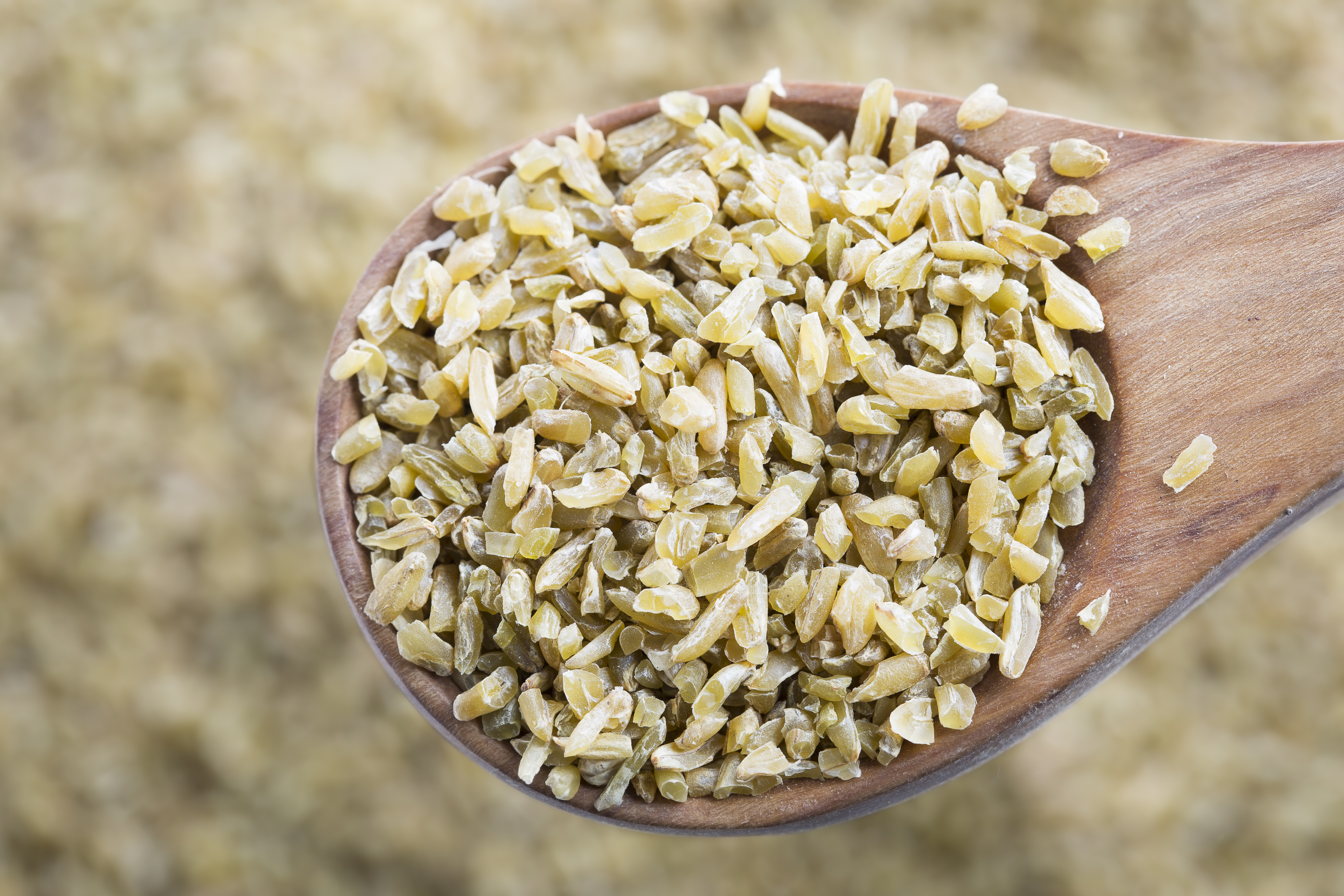
Freekeh, a roasted green wheat harvested while still young, is a nutritional powerhouse that’s been a staple in Middle Eastern diets for centuries—and it’s finally gaining recognition as a heart-smart supergrain. With its signature smoky flavor and satisfying chew, freekeh brings more than just culinary flair to the table. It’s especially high in dietary fiber—both soluble and insoluble—which plays a critical role in managing cholesterol levels. The soluble fiber forms a gel-like substance in the digestive tract that binds to bile acids, which are made from cholesterol, and helps eliminate them from the body. This process forces the liver to use more cholesterol to produce new bile acids, effectively lowering LDL ("bad") cholesterol over time. Freekeh is also rich in resistant starch, which nourishes the gut microbiome and supports digestive health. A well-balanced gut can actually improve how your body metabolizes fats and cholesterol. What’s more, freekeh boasts a low glycemic index, meaning it won’t spike your blood sugar—an important factor for reducing cardiovascular risk. Studies have linked whole grains like freekeh to improved lipid profiles, better satiety, and reduced inflammation. Try it as a hearty base for grain bowls, stuff it into peppers, or swap it for rice in stir-fries and pilafs. With its robust flavor and cholesterol-balancing benefits, freekeh is an ancient grain that deserves a place in your modern heart-healthy pantry.
43. Celery: The Crunch That Calms Cholesterol
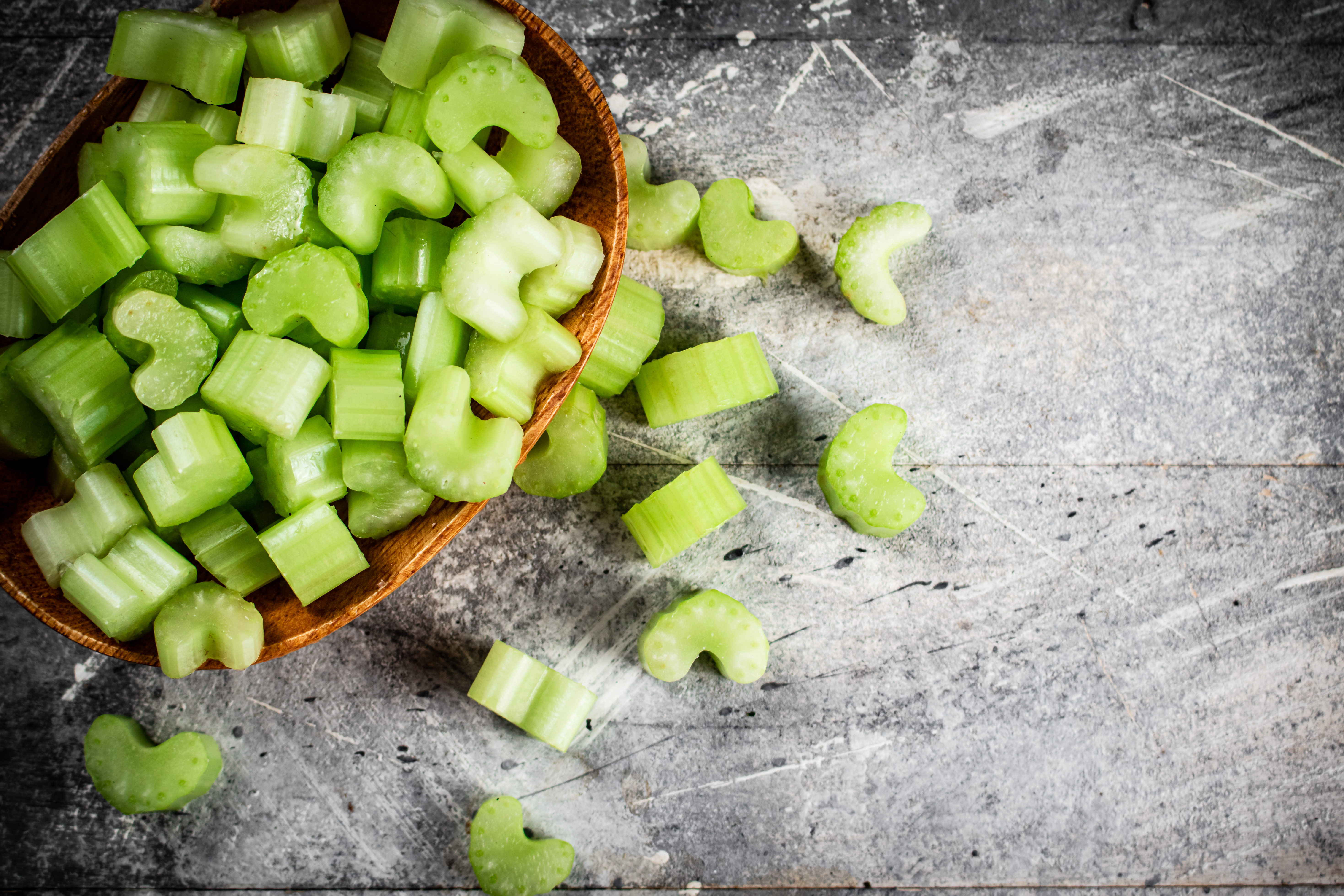
Celery is often underestimated, seen as a low-calorie snack or crunchy garnish—but behind its humble appearance lies a powerhouse of heart-protective benefits. This crisp veggie contains phthalides, a group of natural plant compounds that help relax the muscles around your blood vessels, leading to improved blood flow and lower blood pressure. Better circulation means less strain on the heart and reduced risk of cholesterol-related complications like plaque buildup. Phthalides have also been shown to help reduce the production of stress hormones, indirectly supporting heart function by minimizing inflammation triggered by chronic stress. Beyond phthalides, celery is also a good source of apigenin, a flavonoid with strong anti-inflammatory and antioxidant effects. Apigenin helps prevent LDL cholesterol from oxidizing—a dangerous transformation that makes cholesterol more likely to stick to artery walls.
Nourish Your Heart, One Bite at a Time
